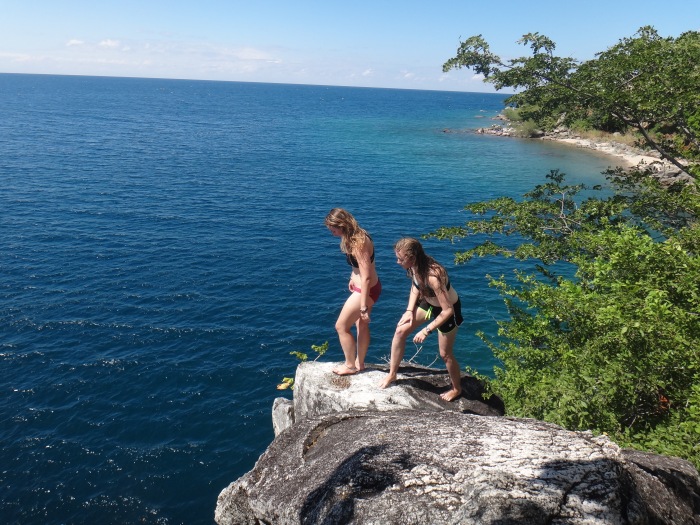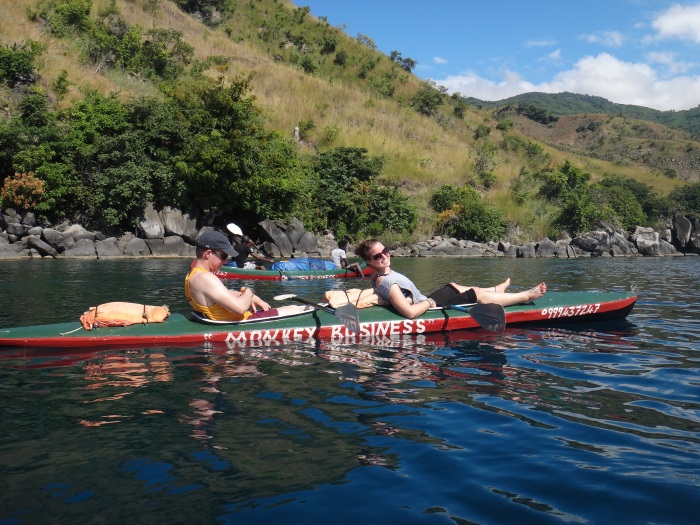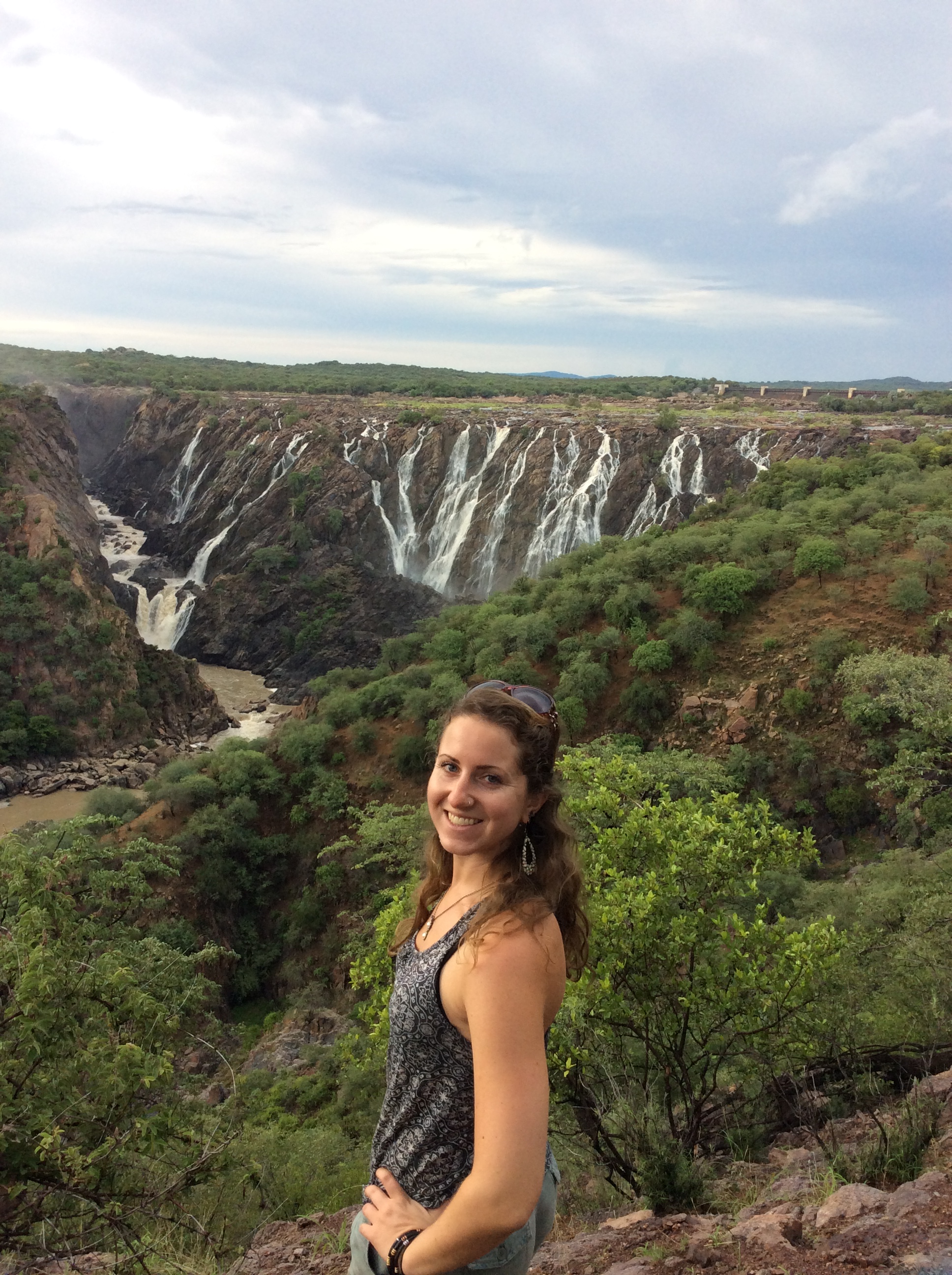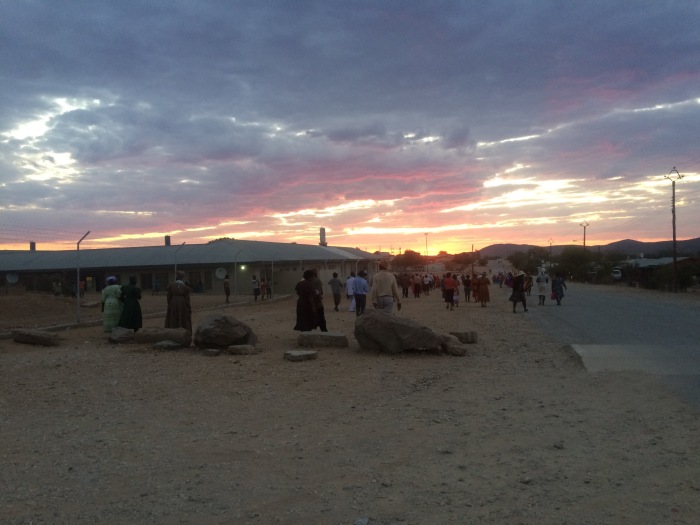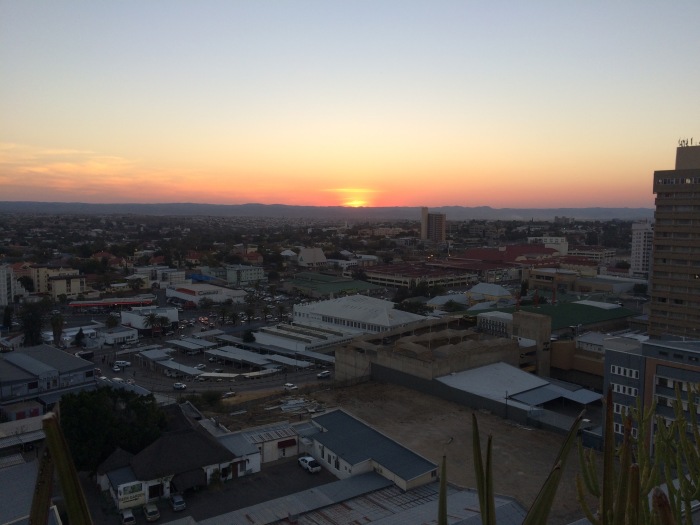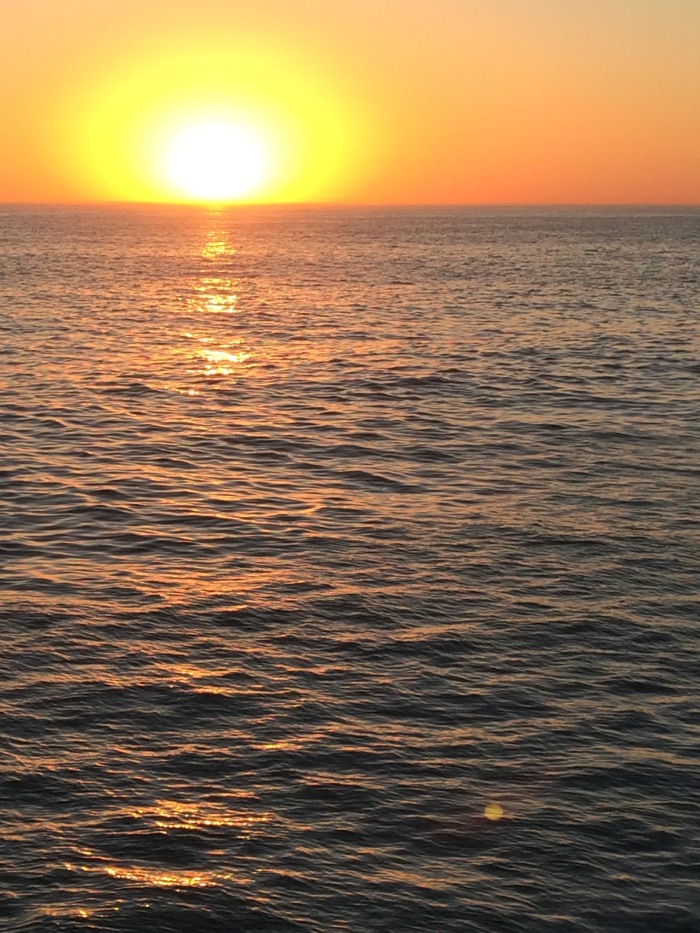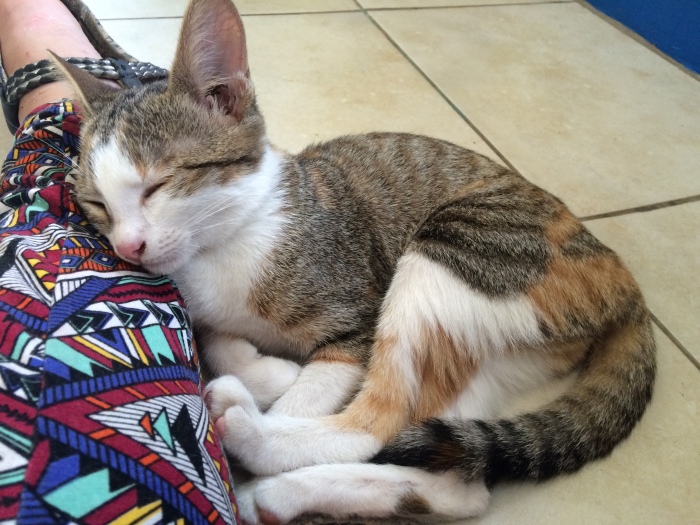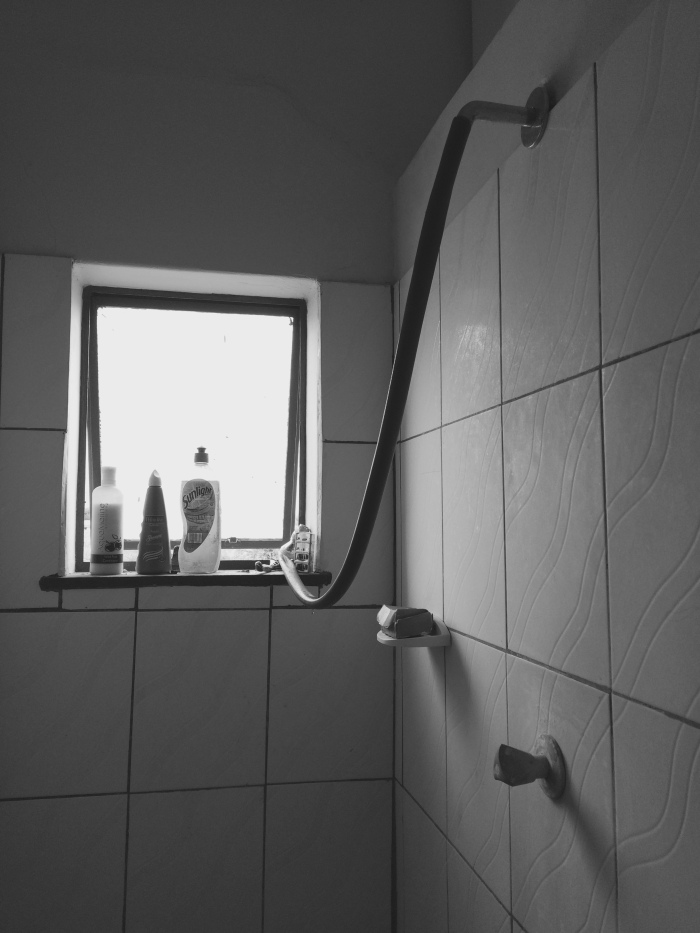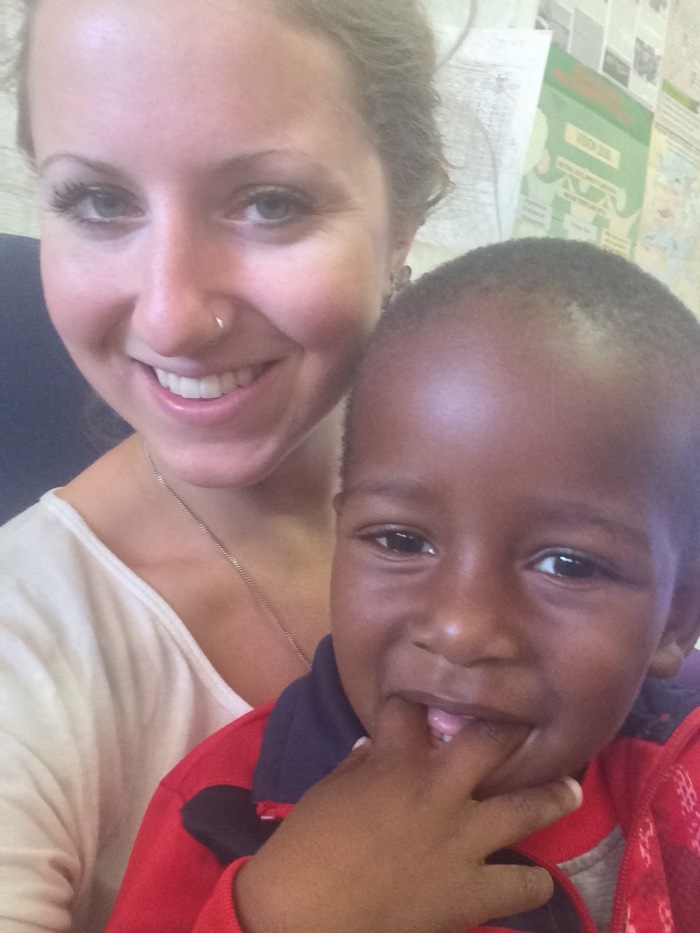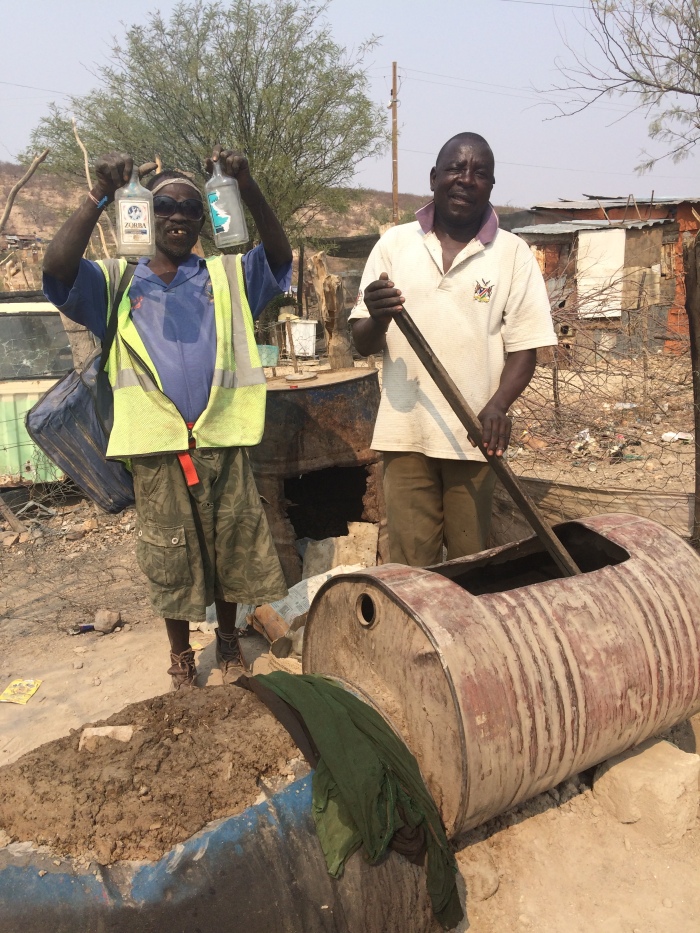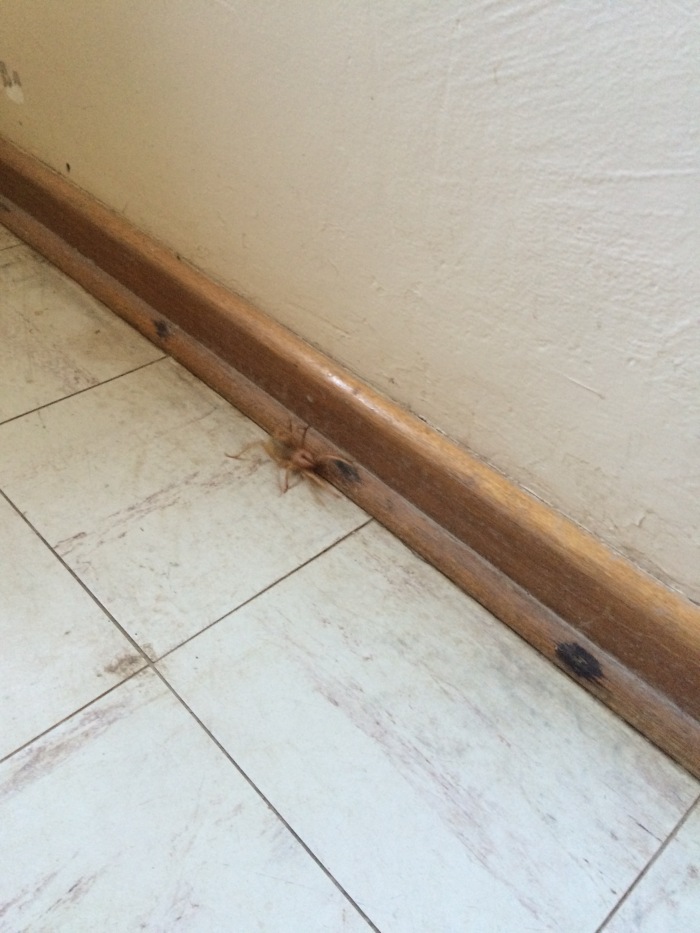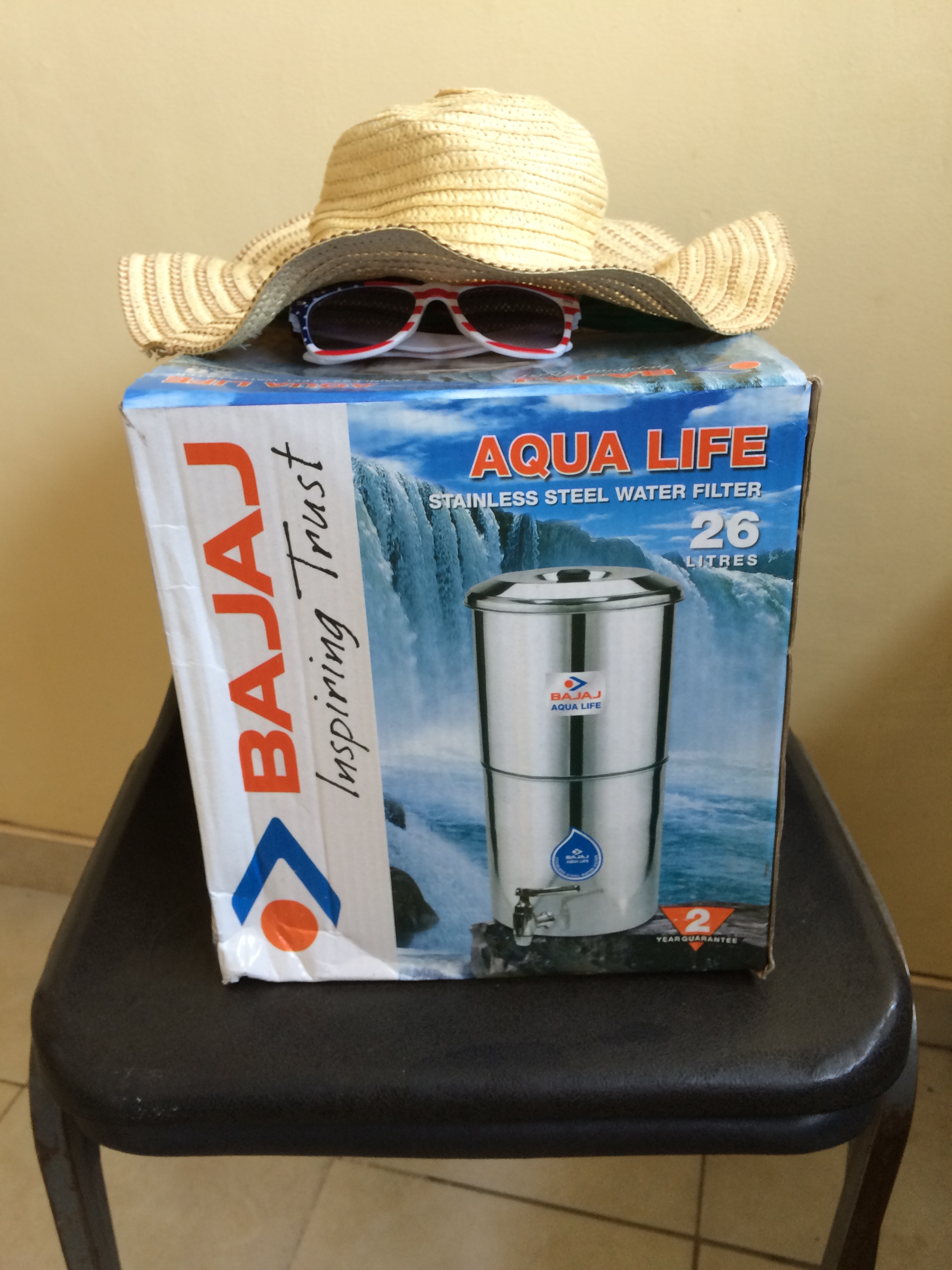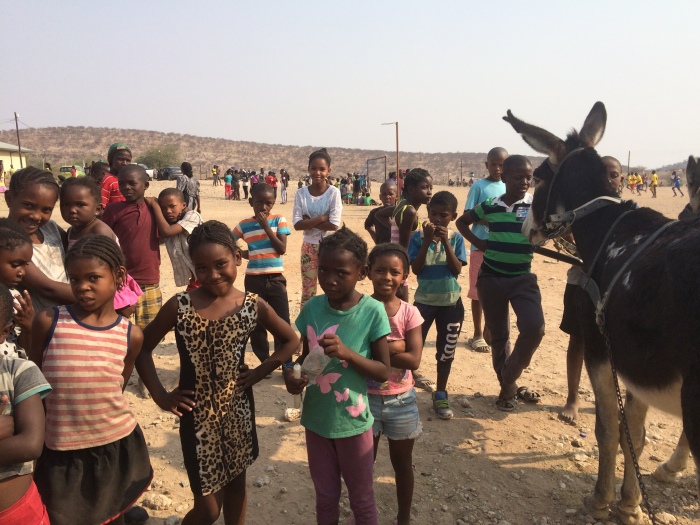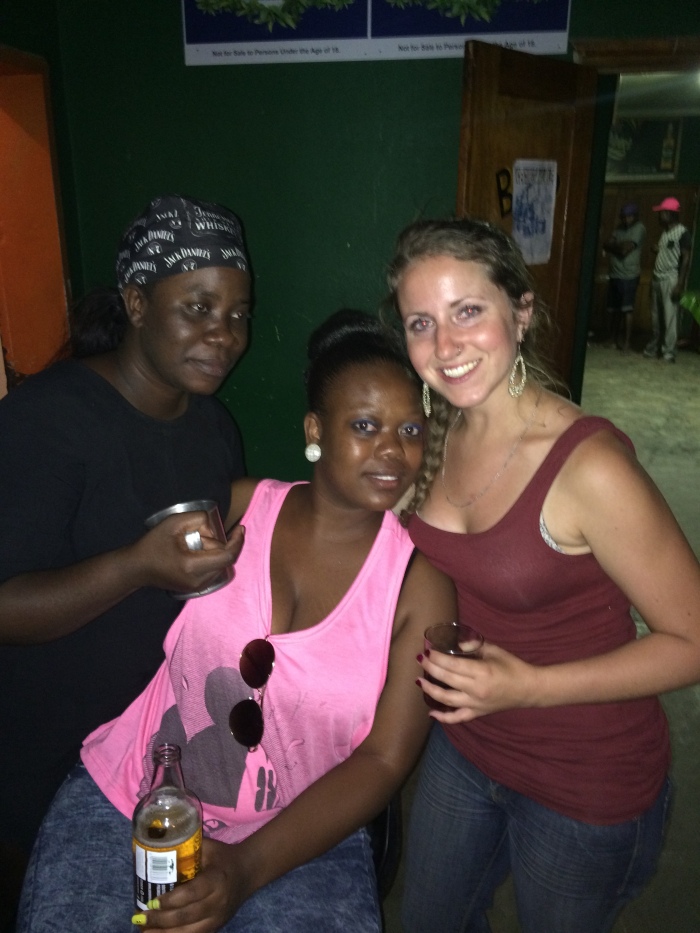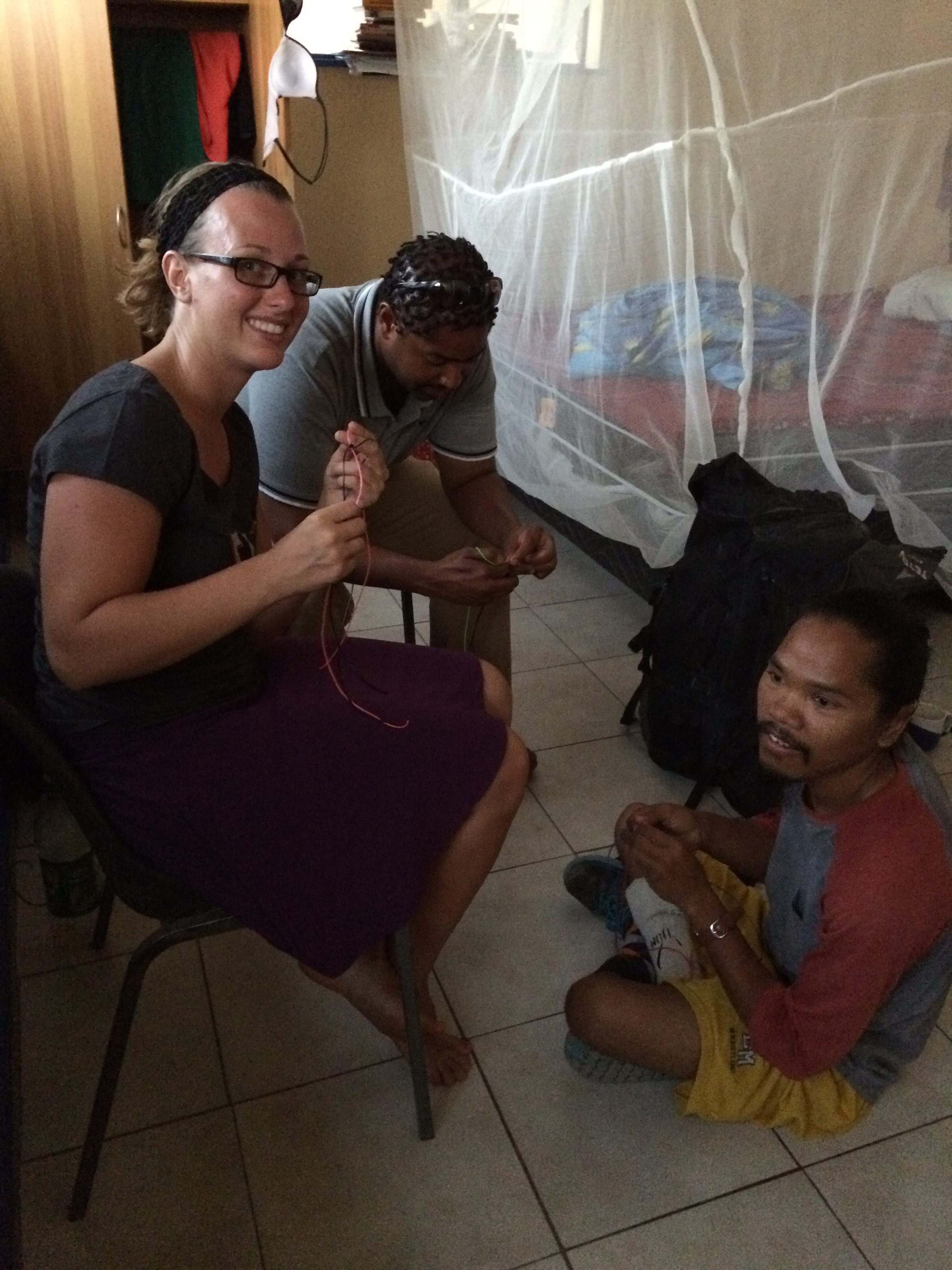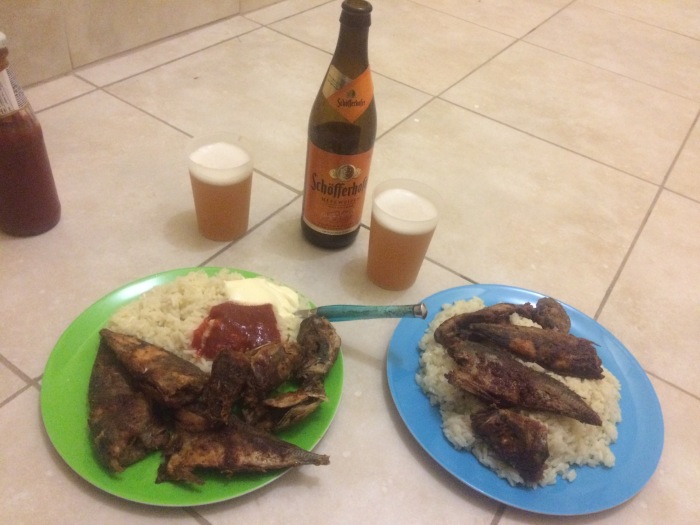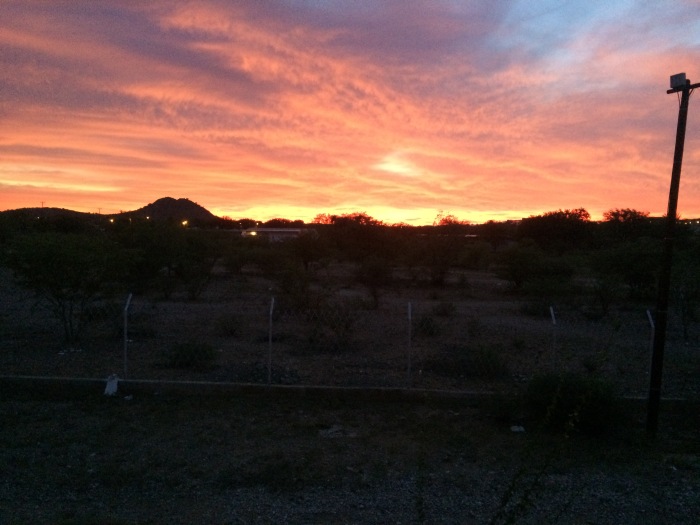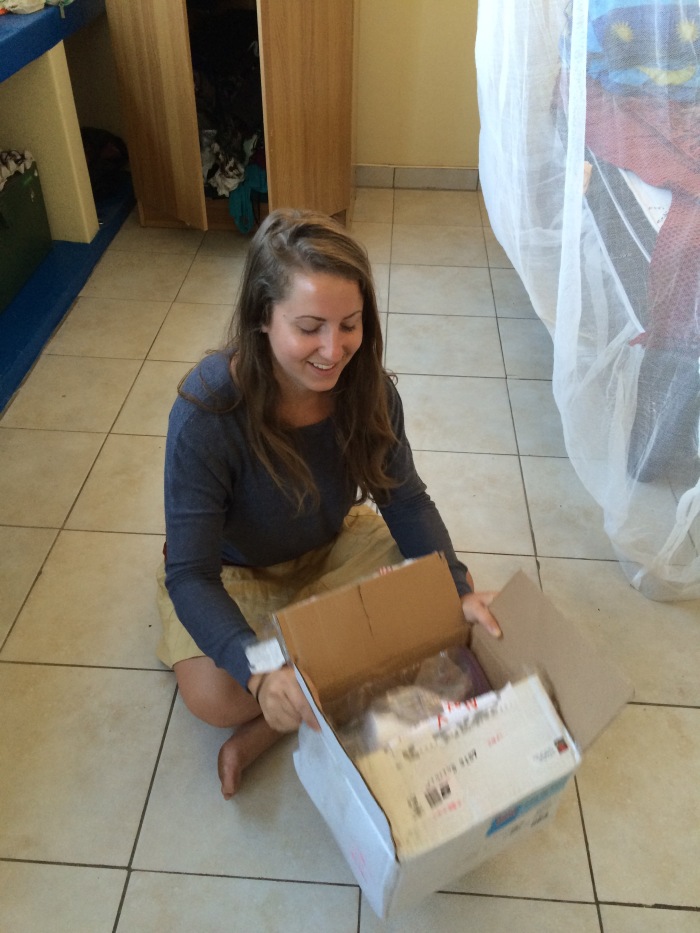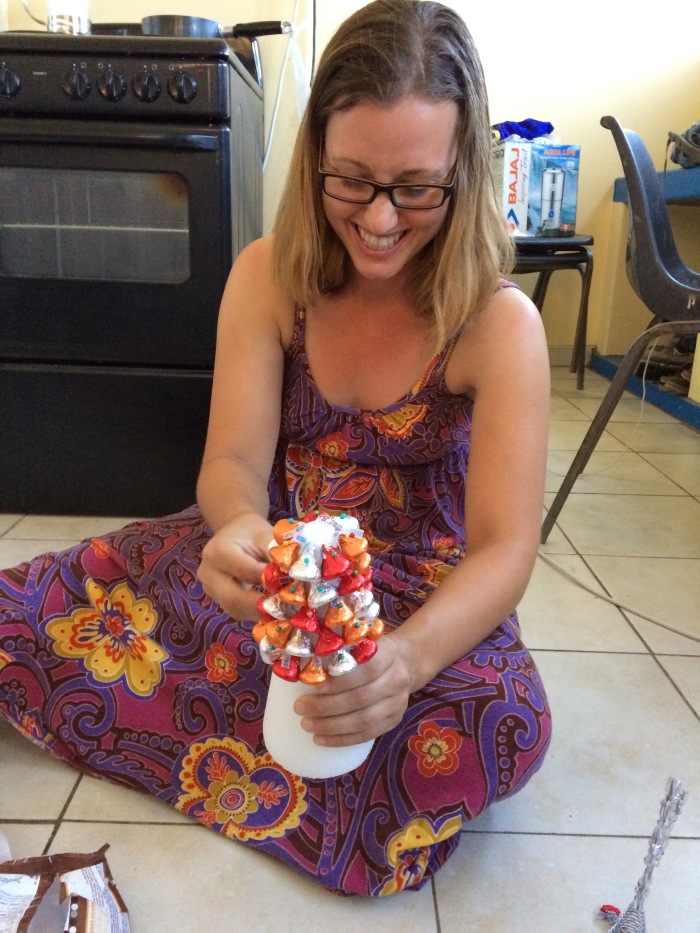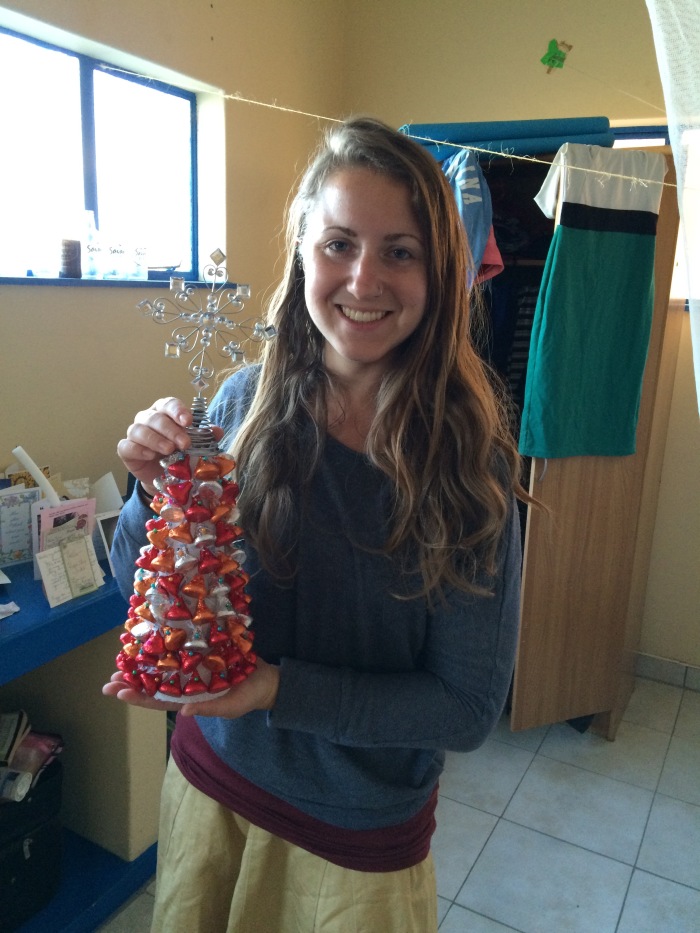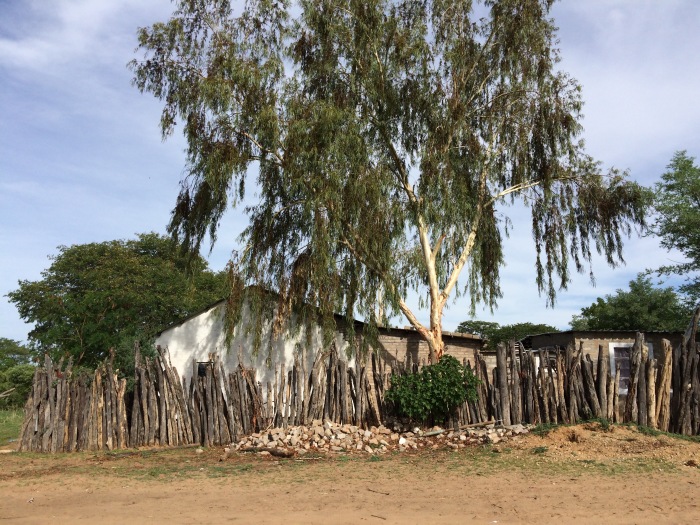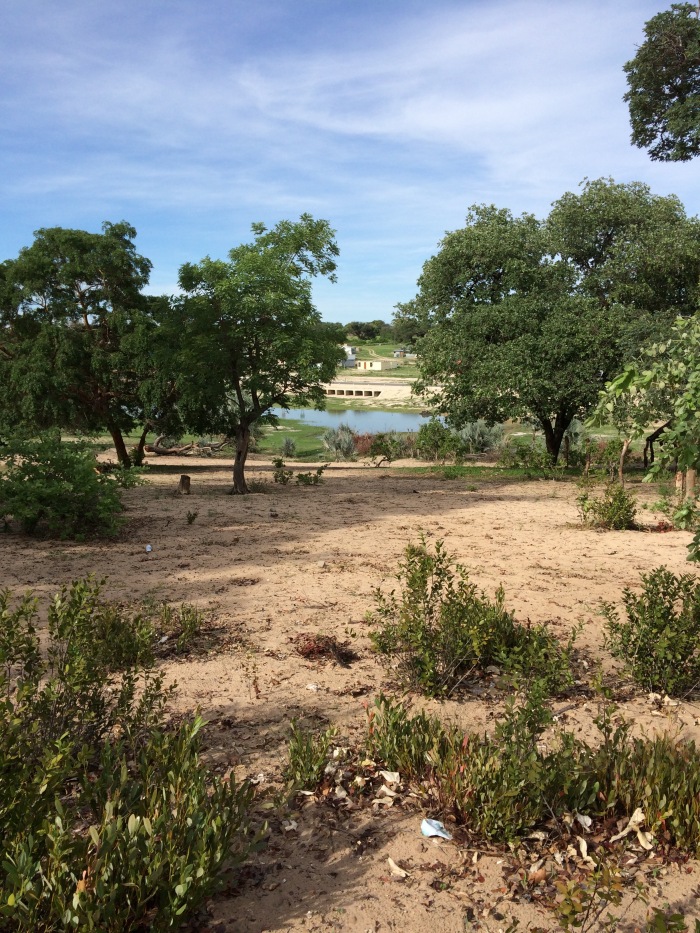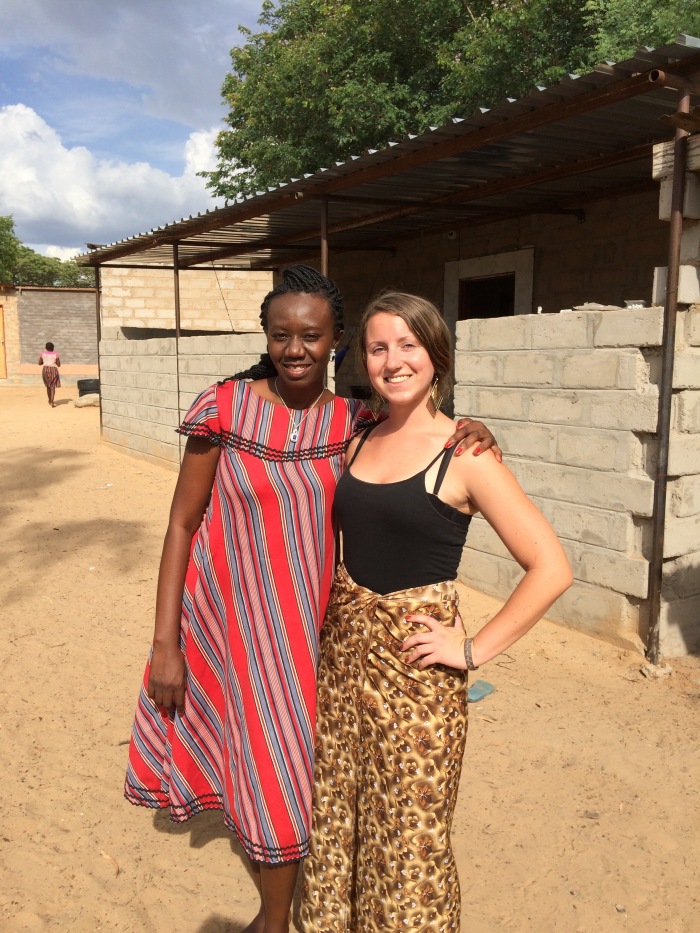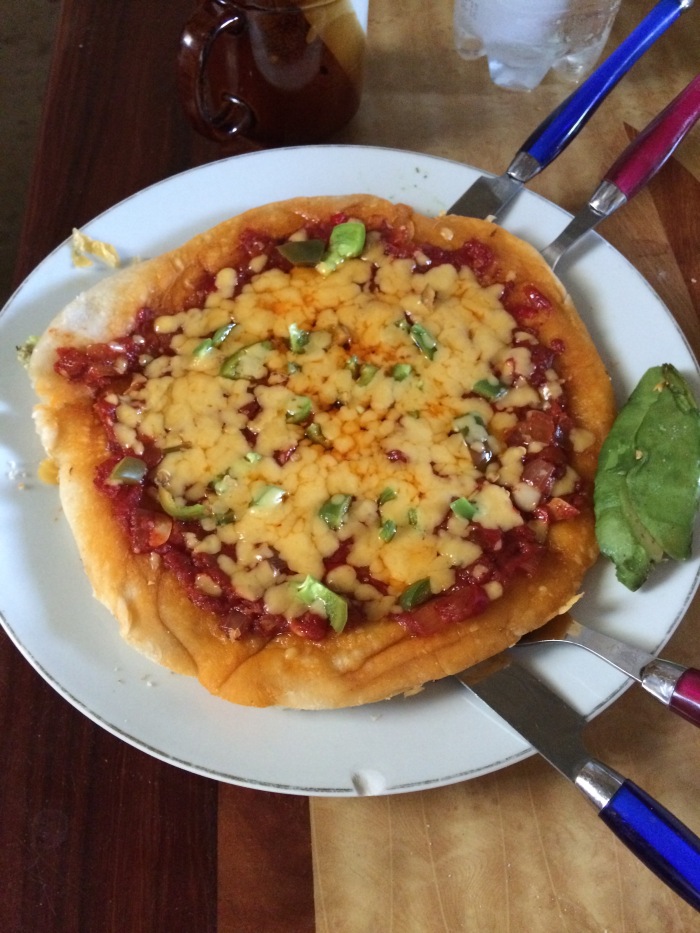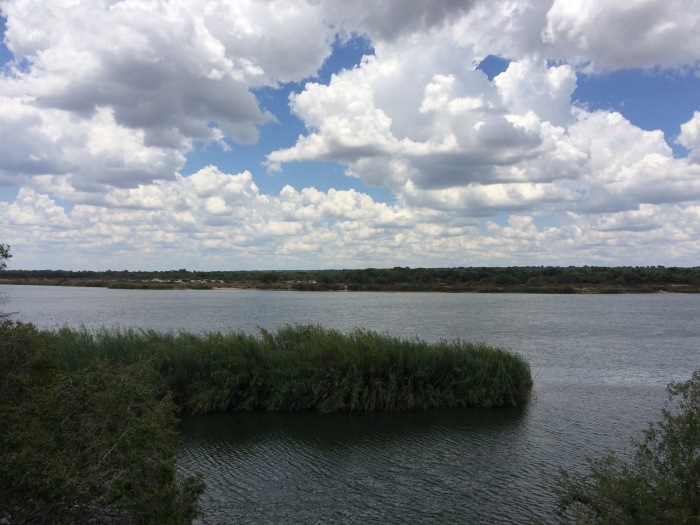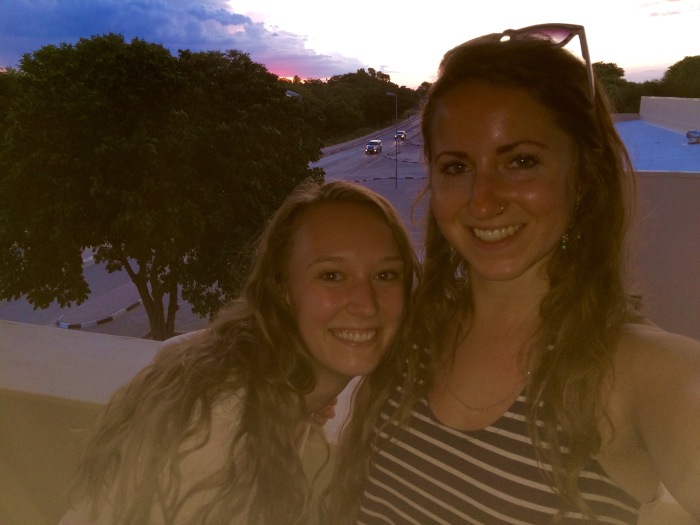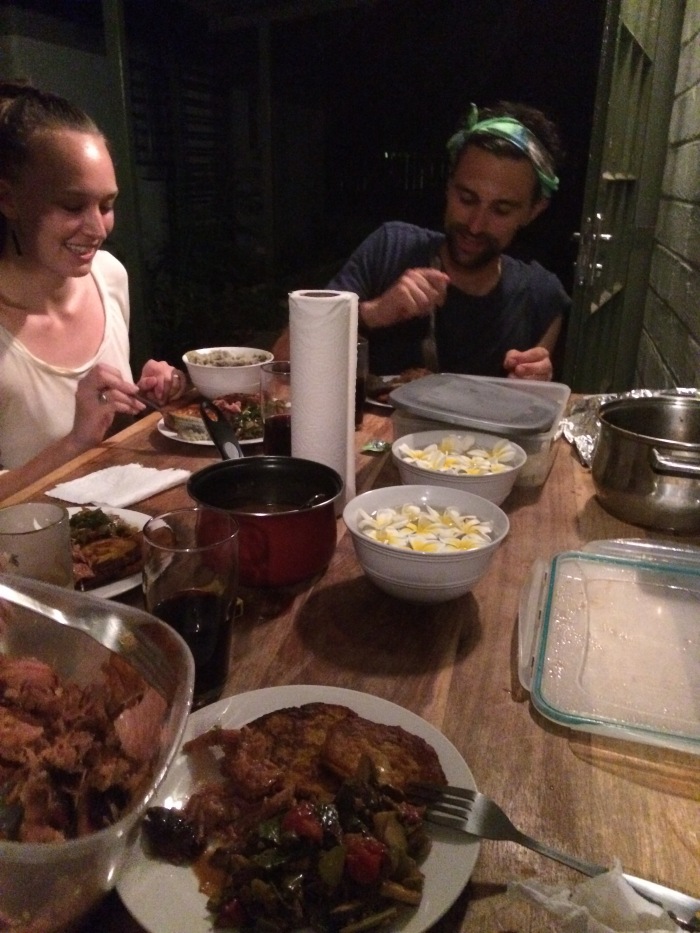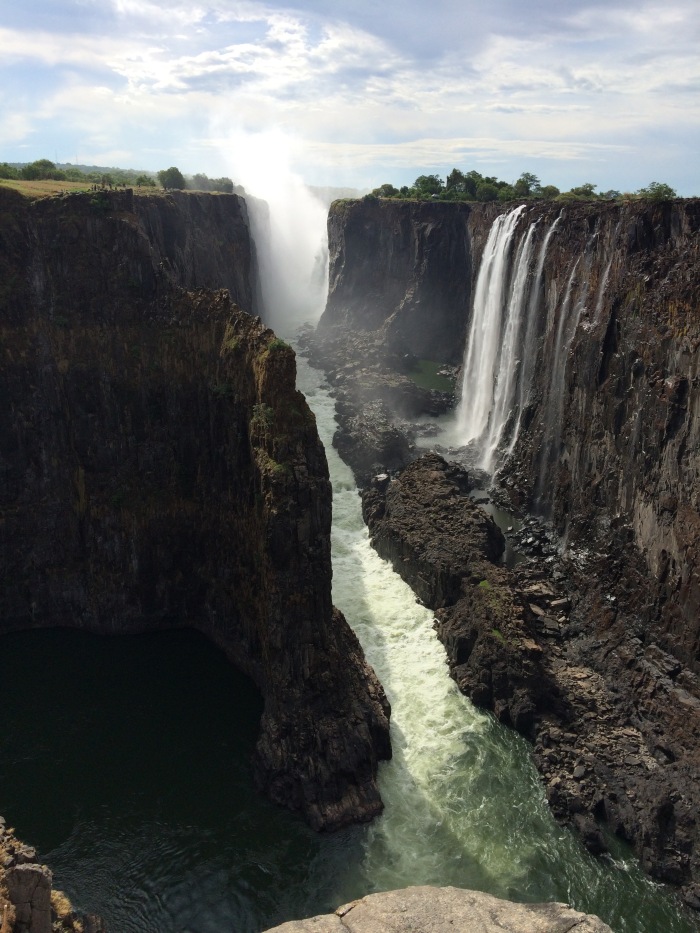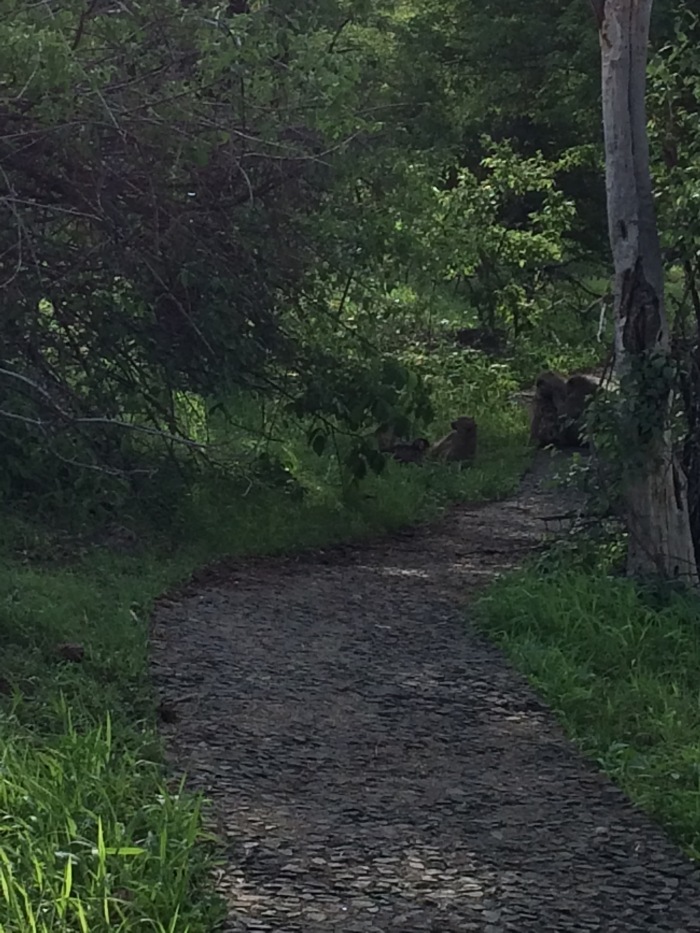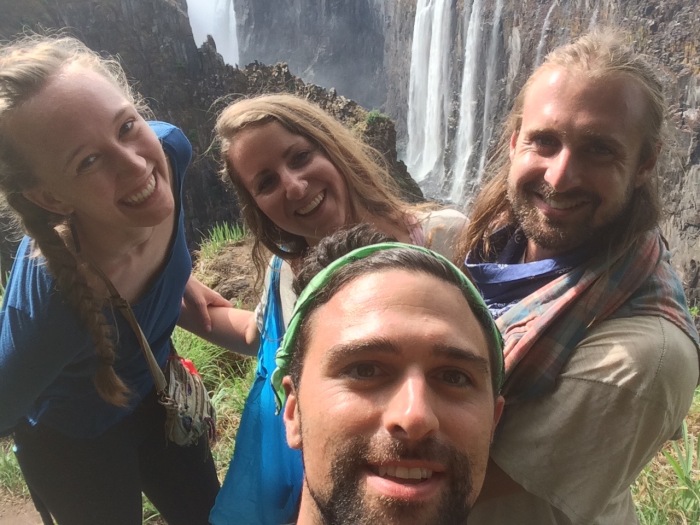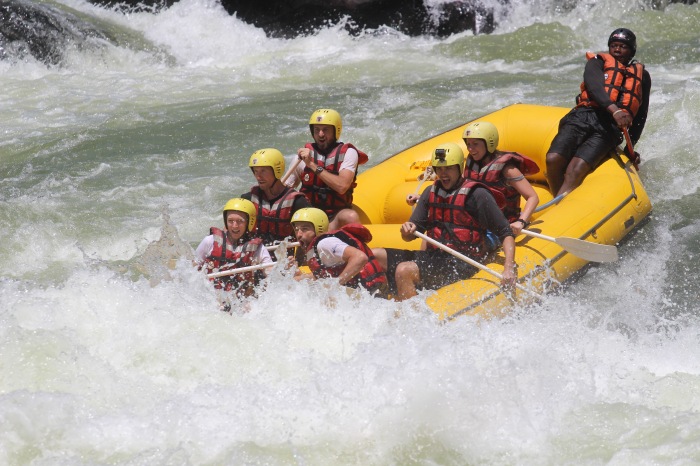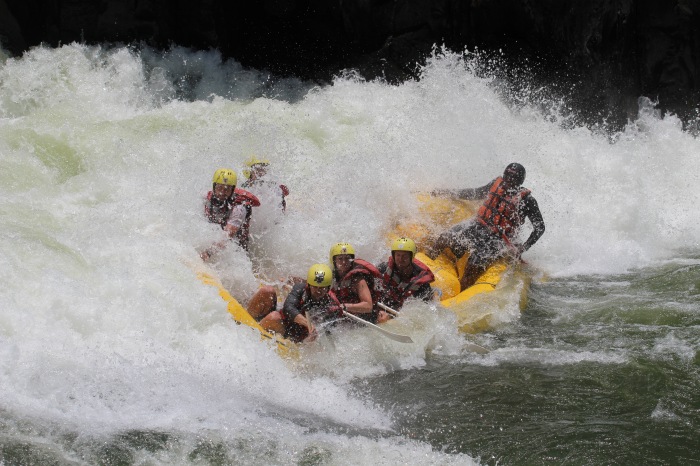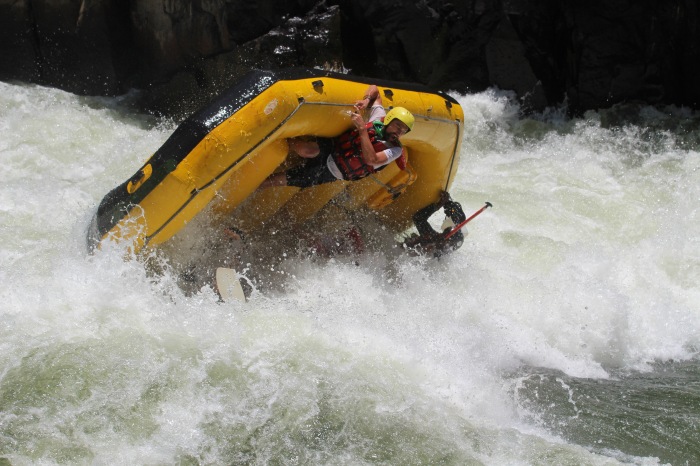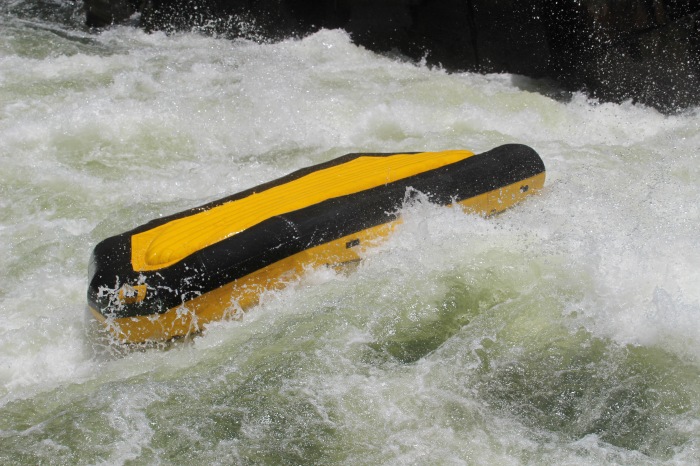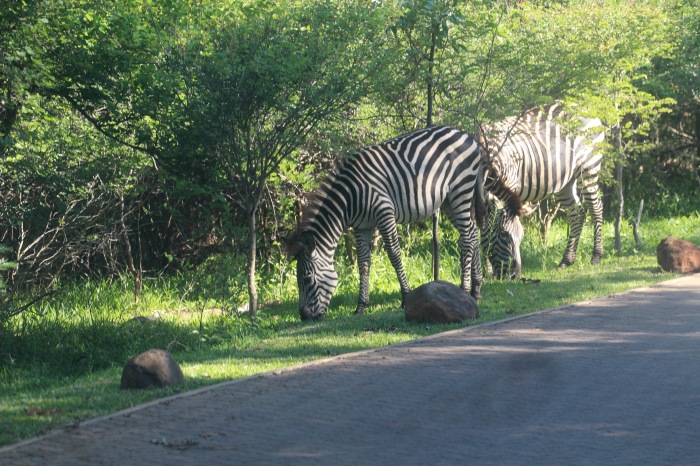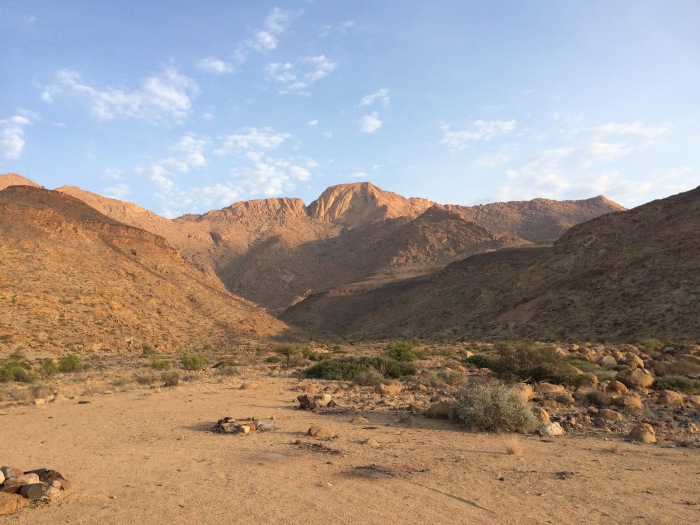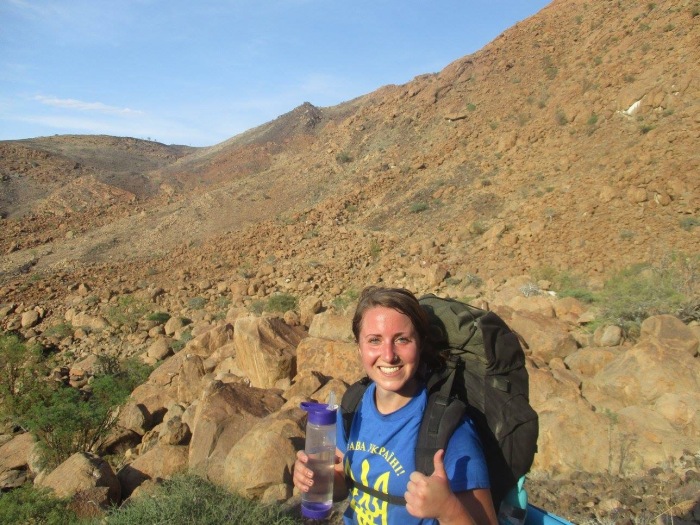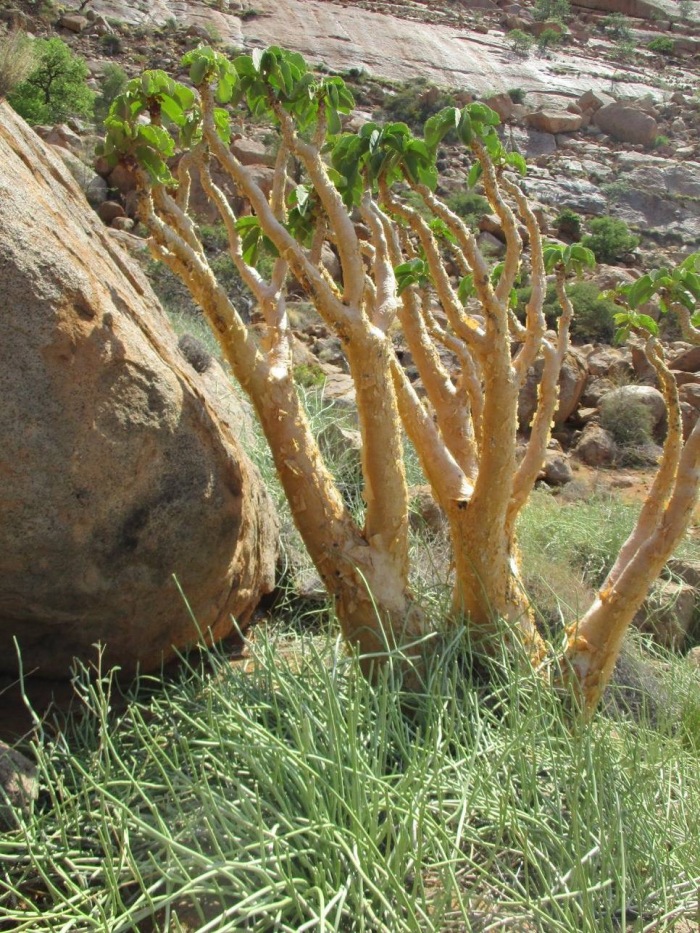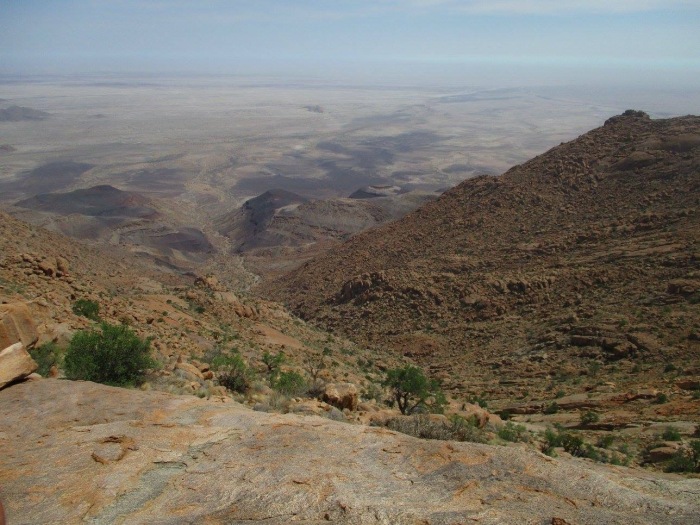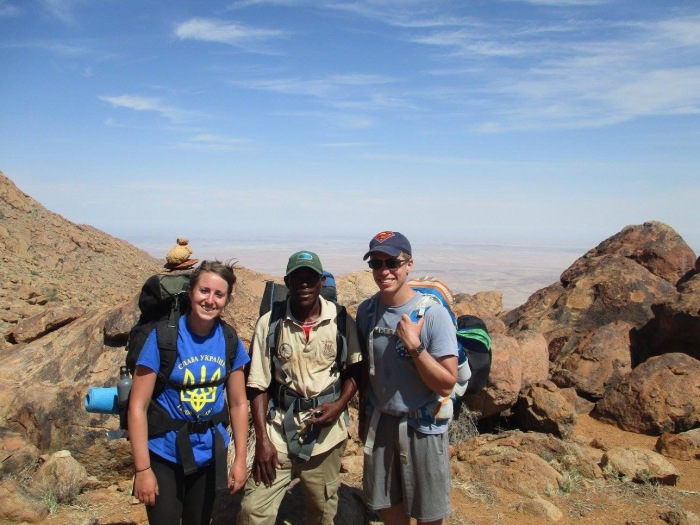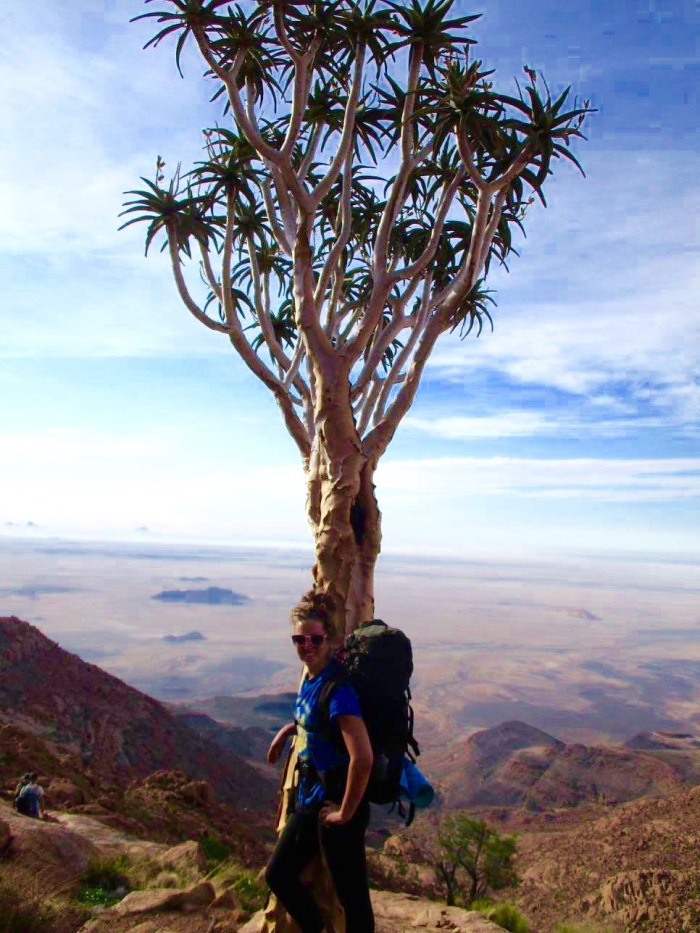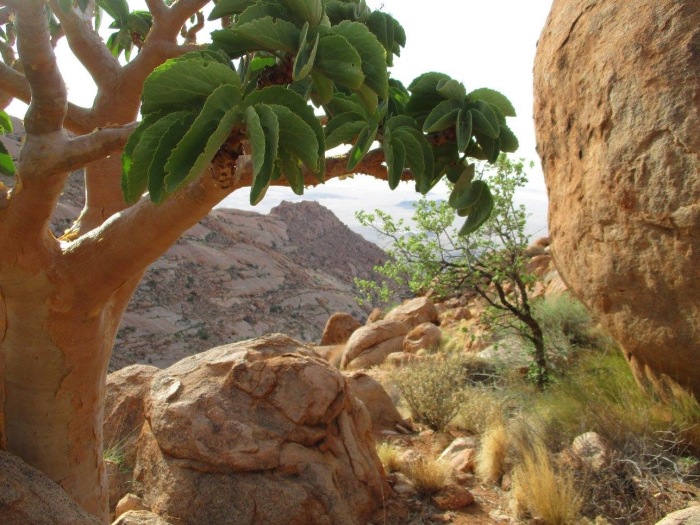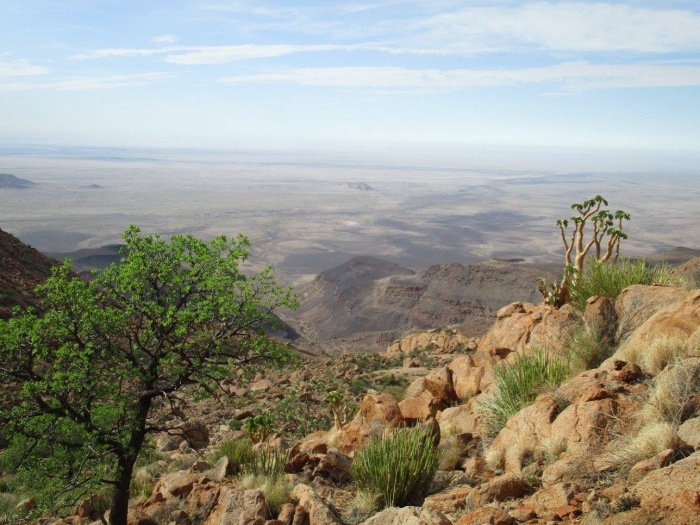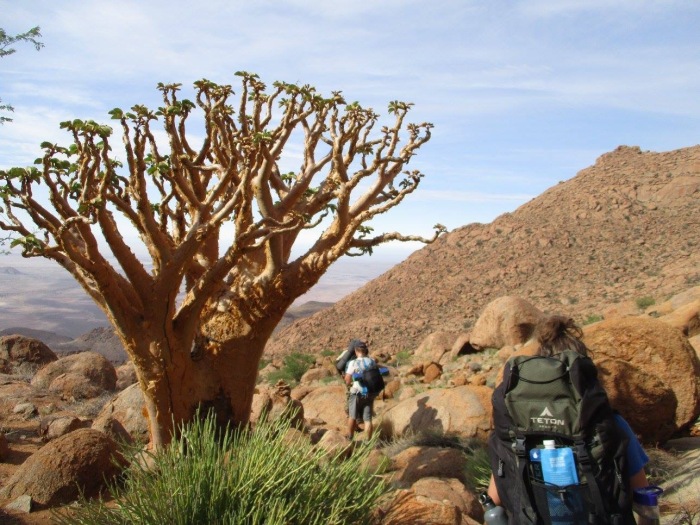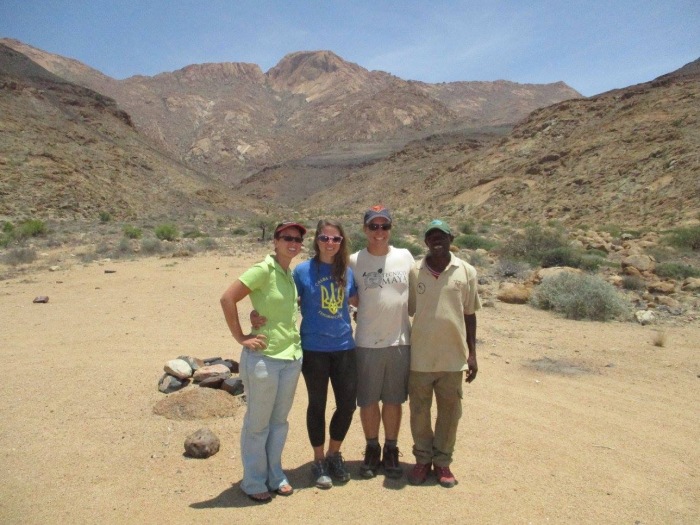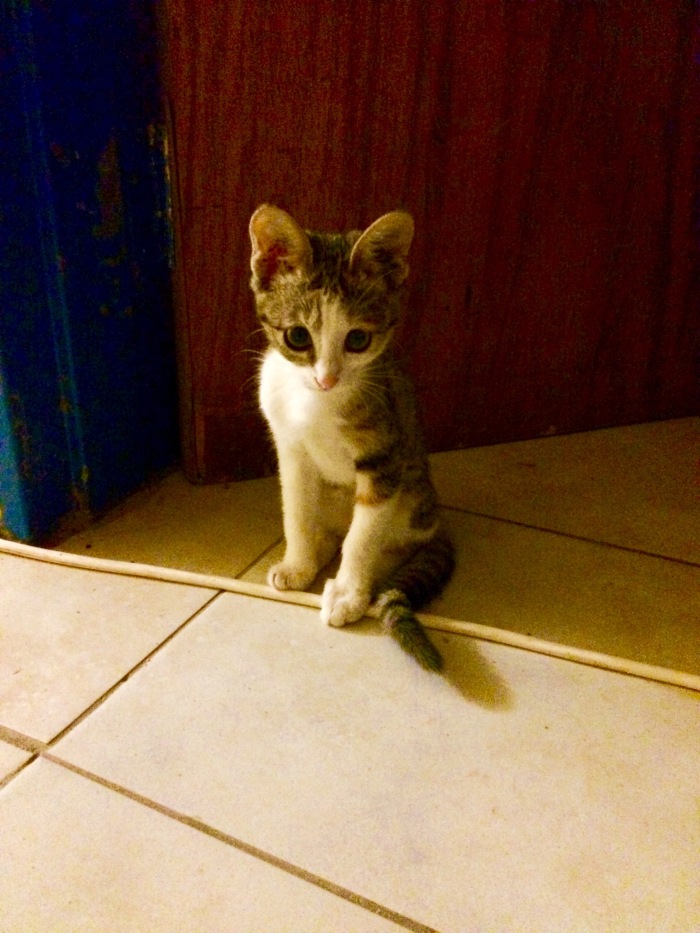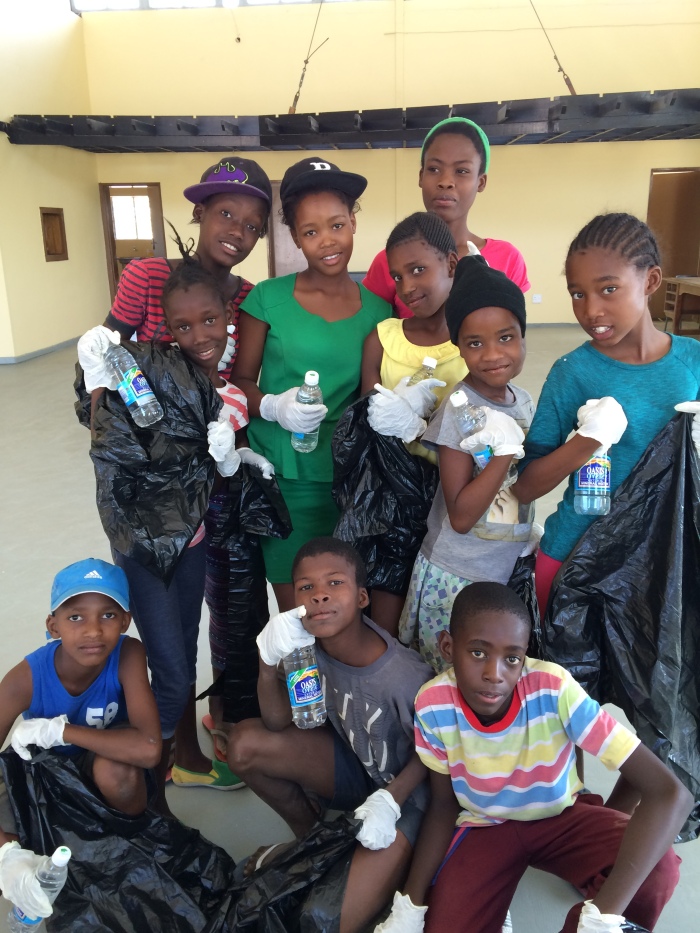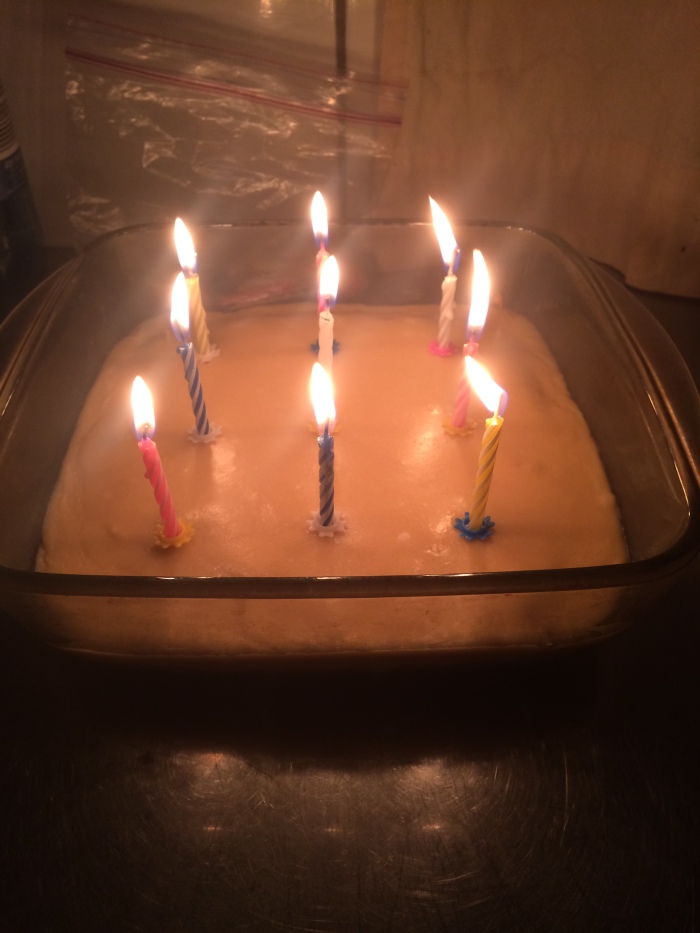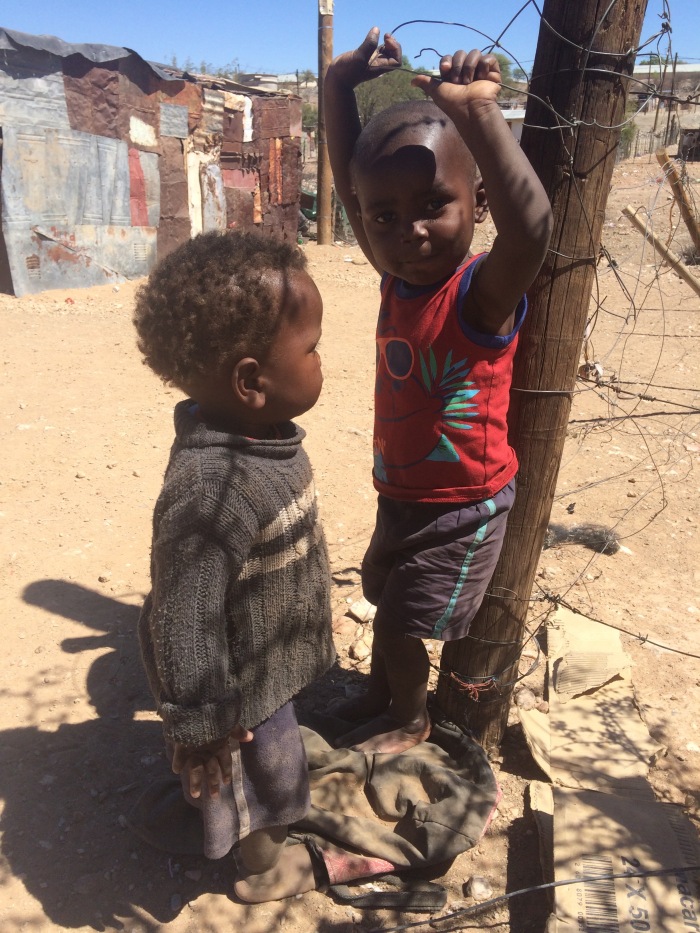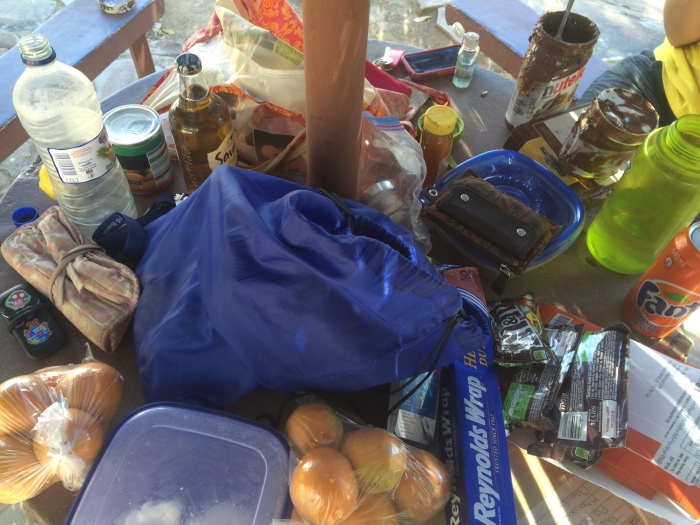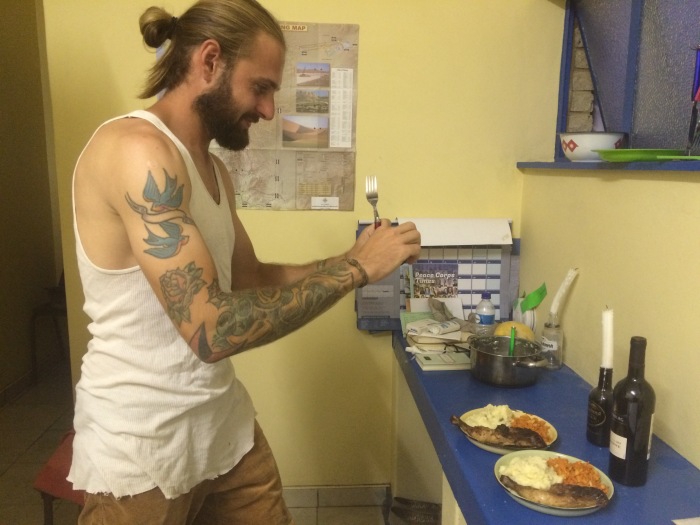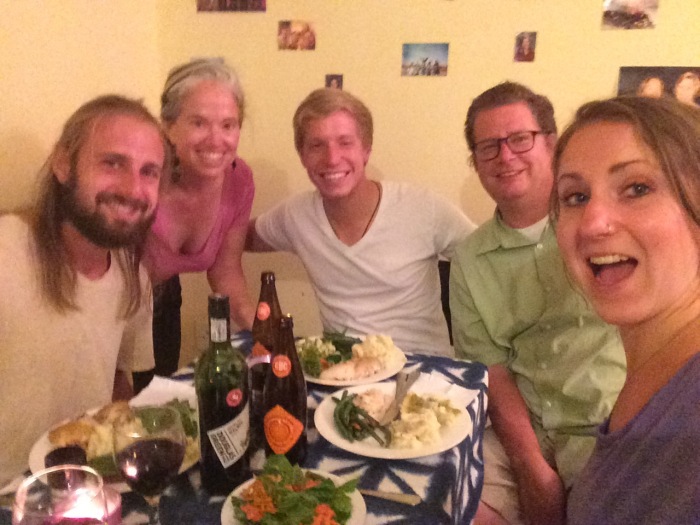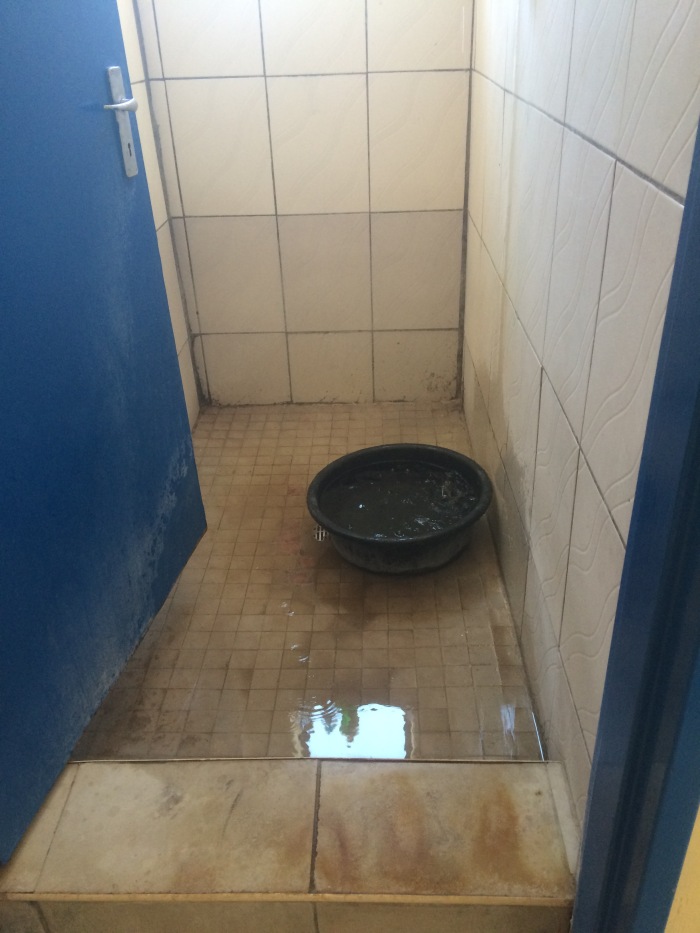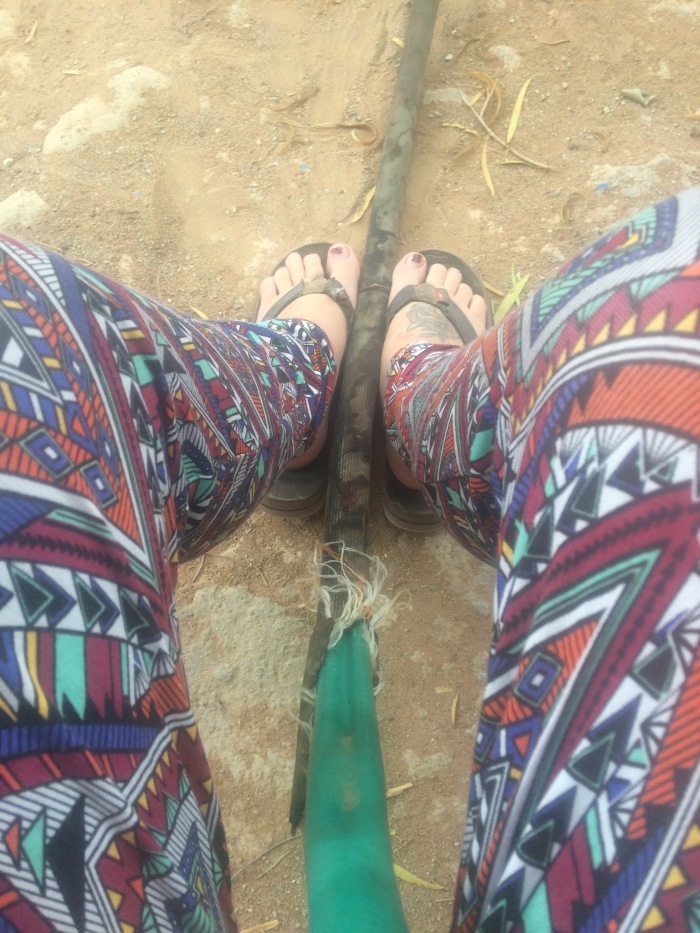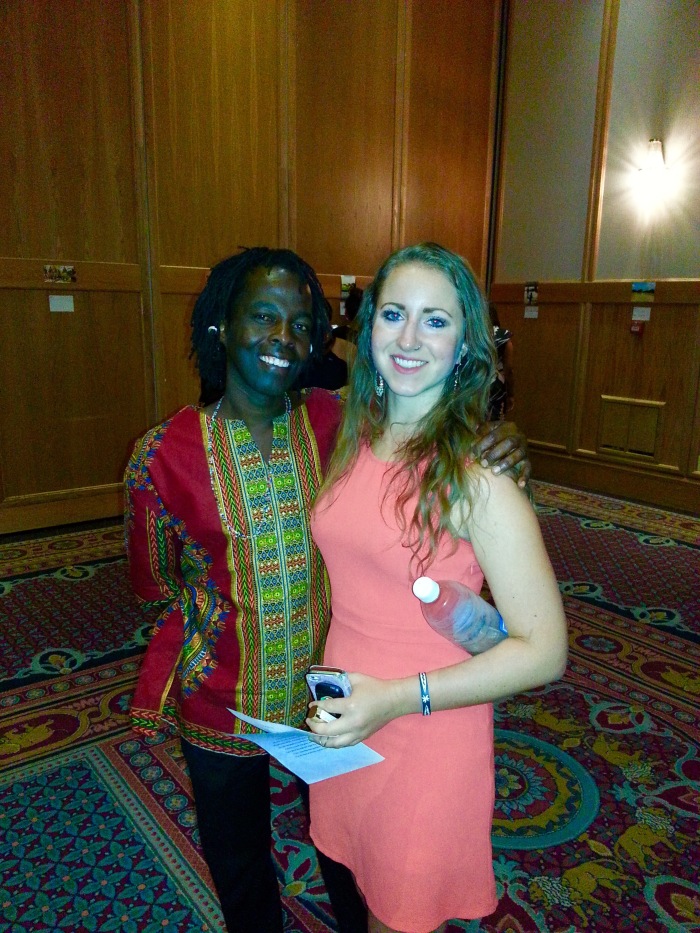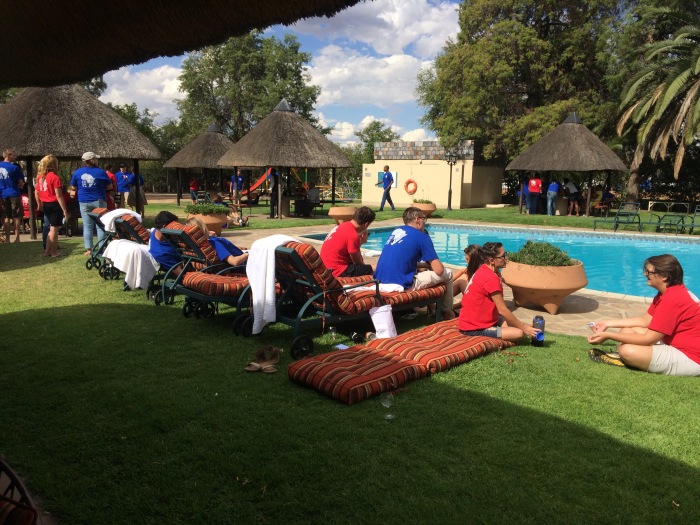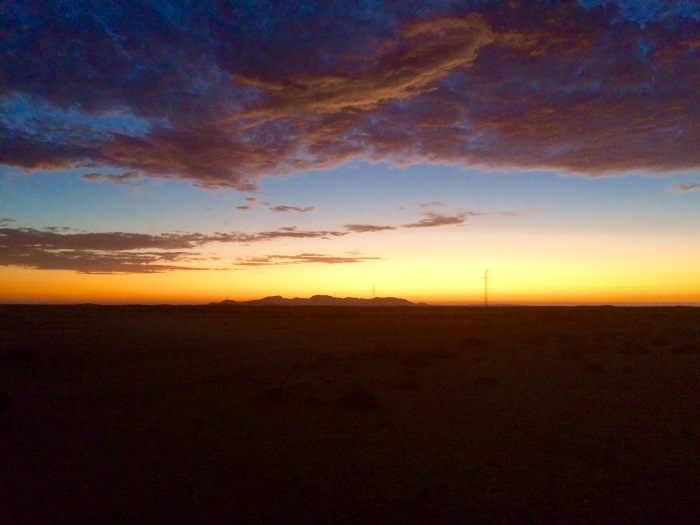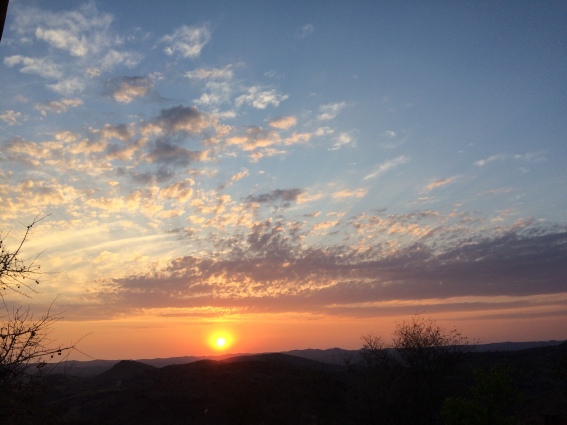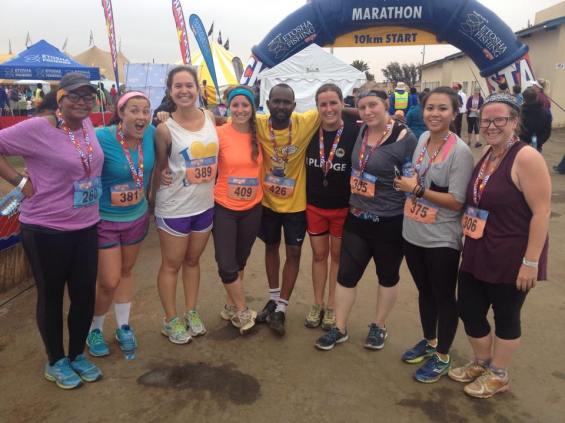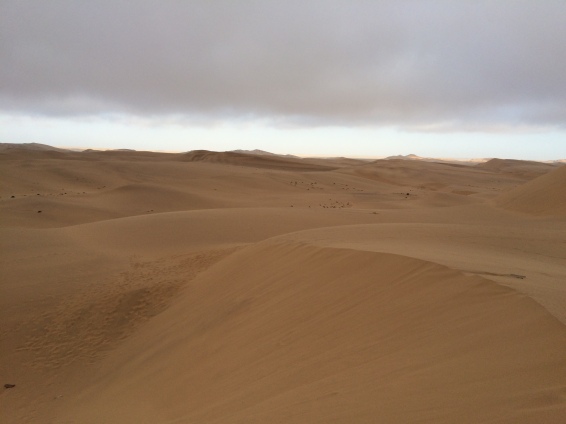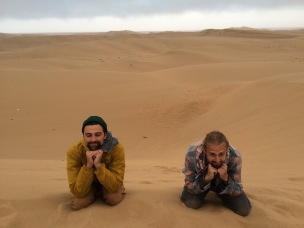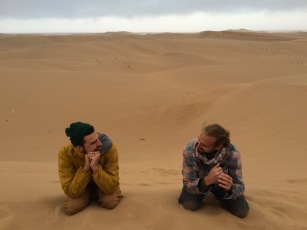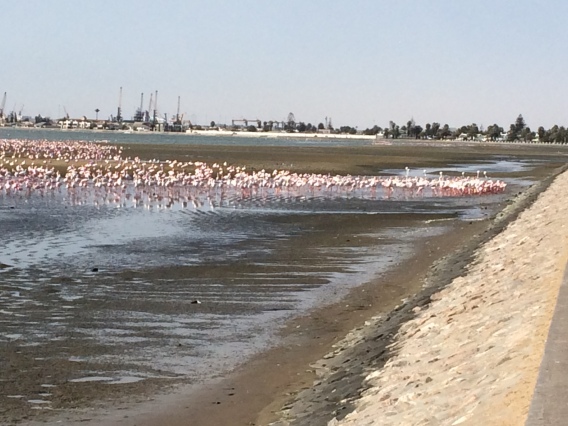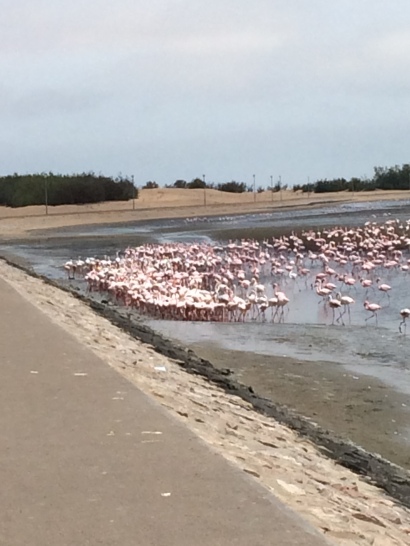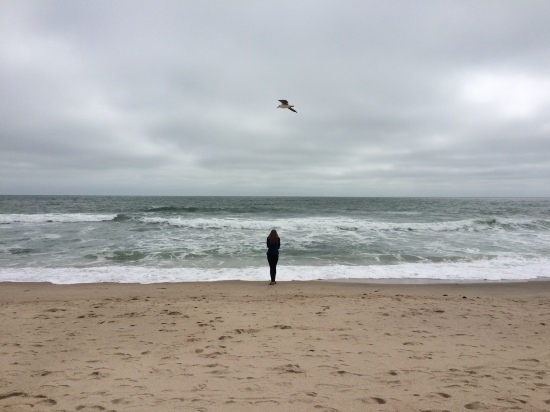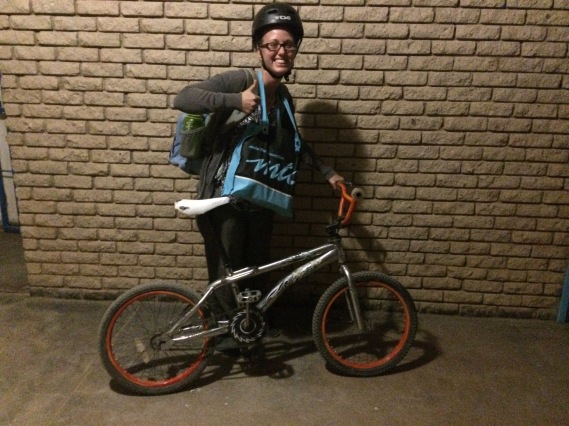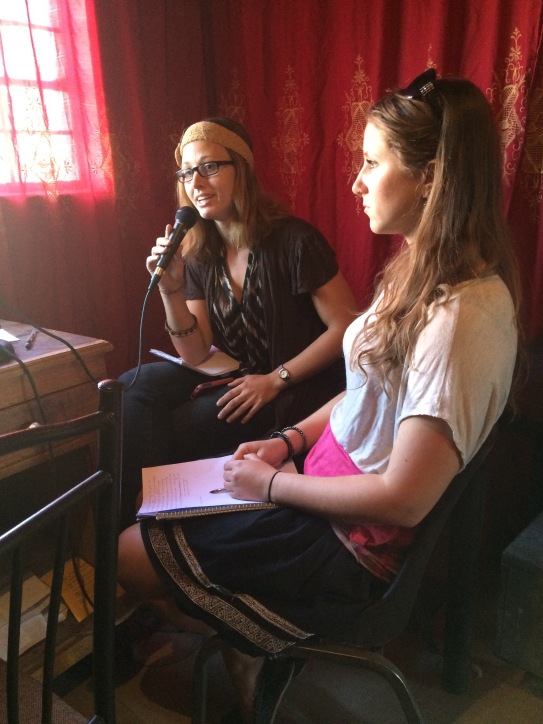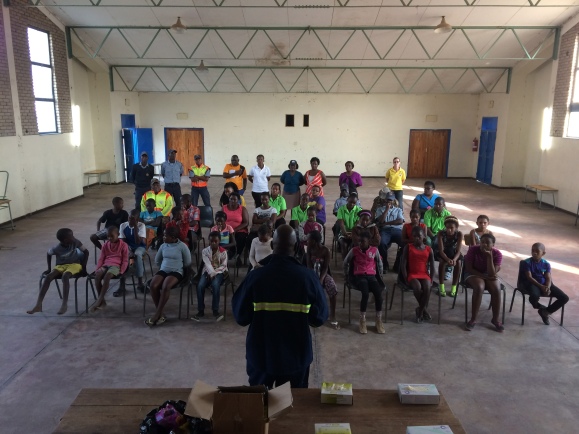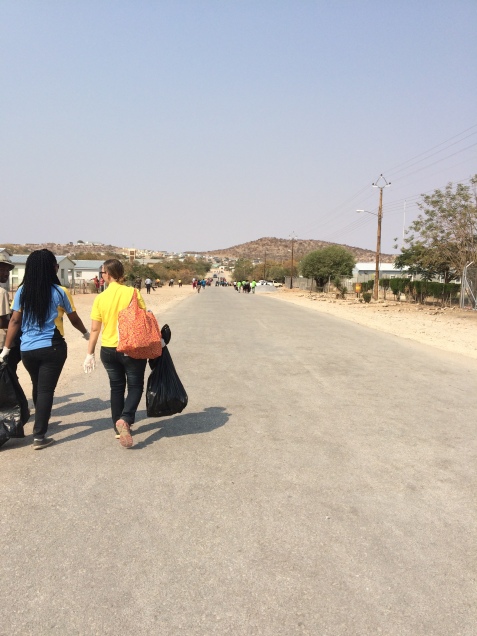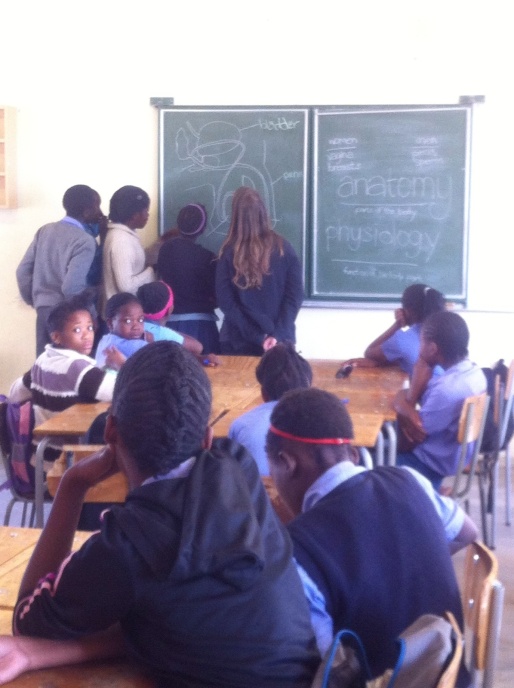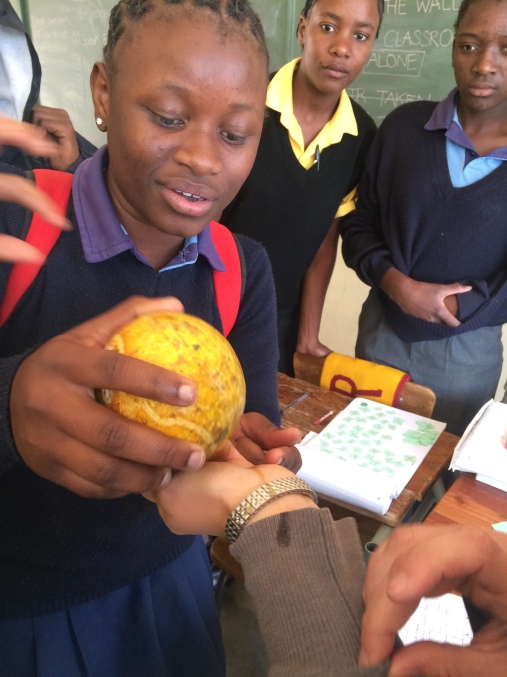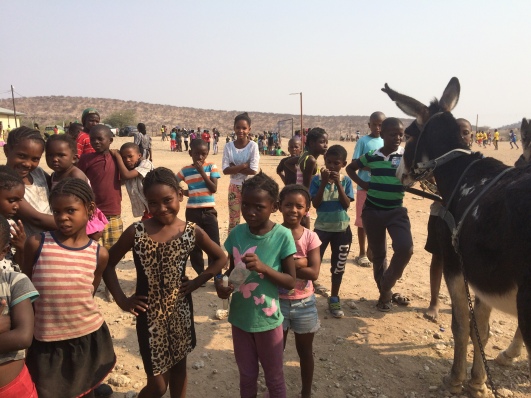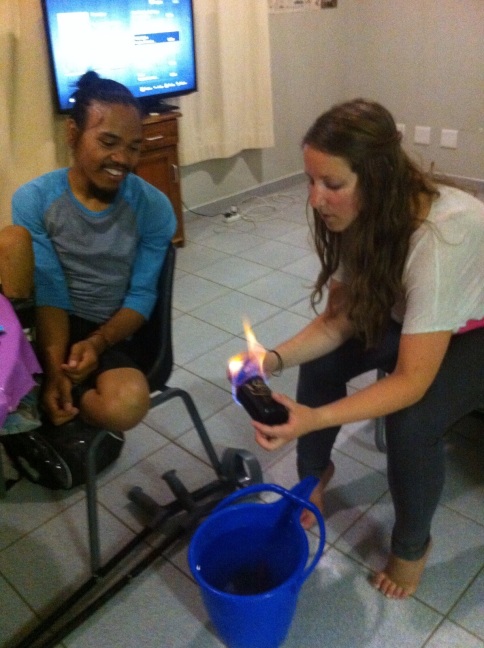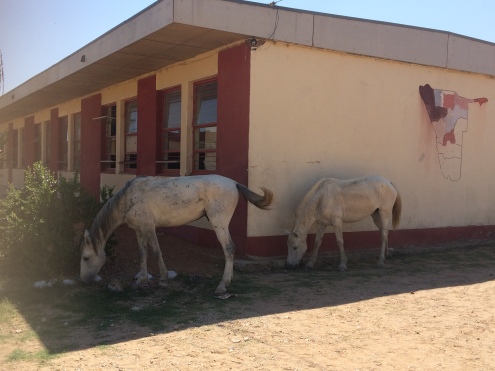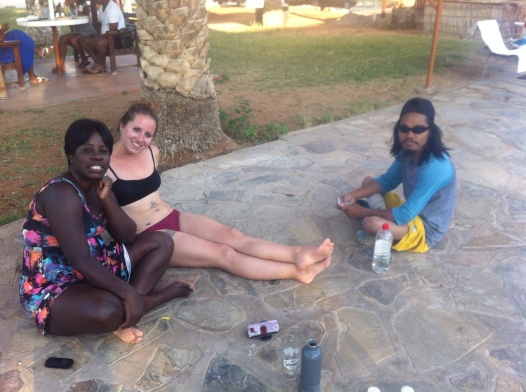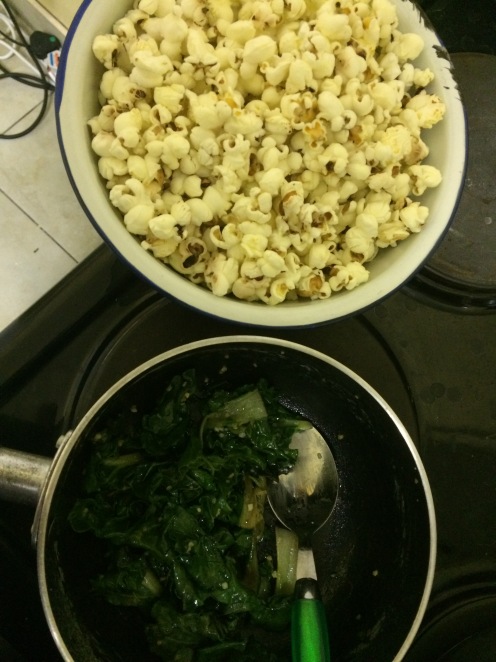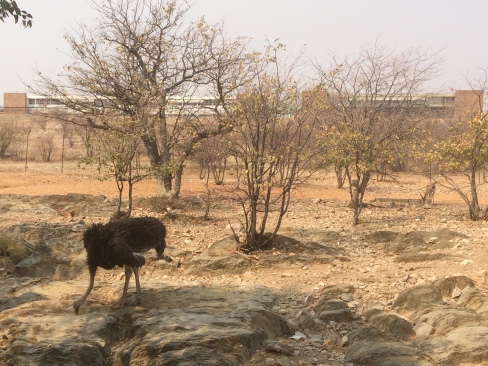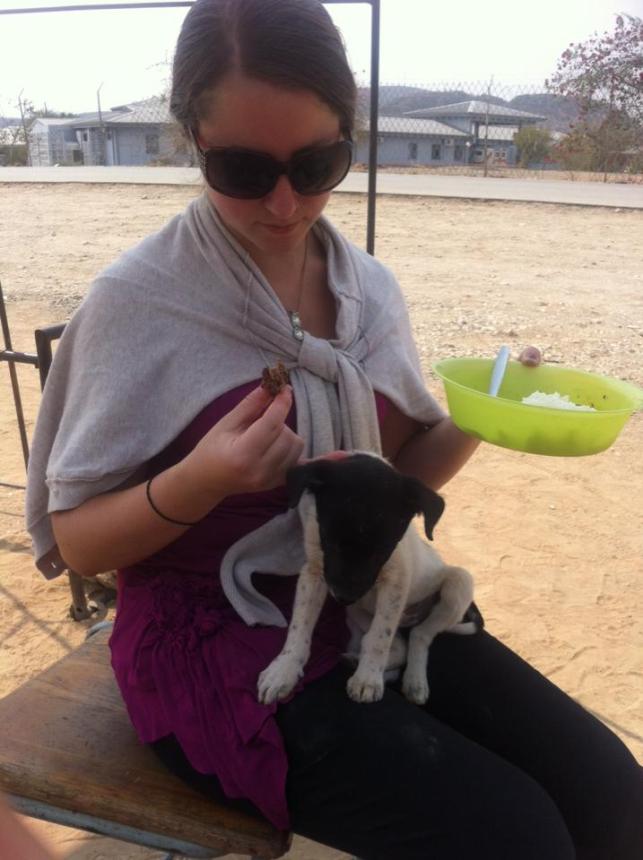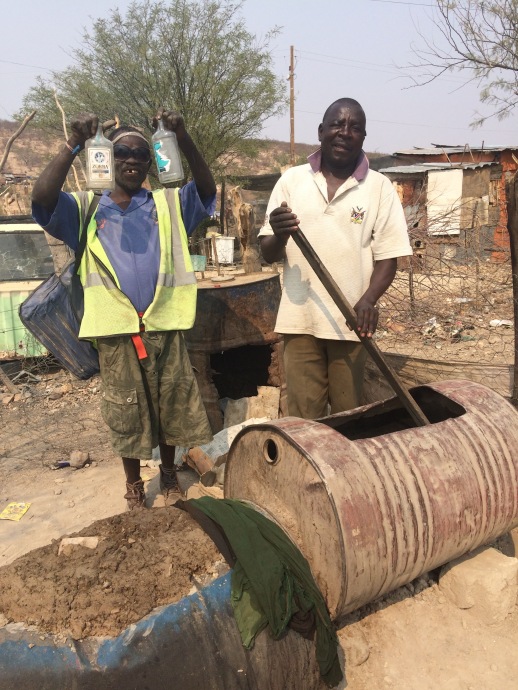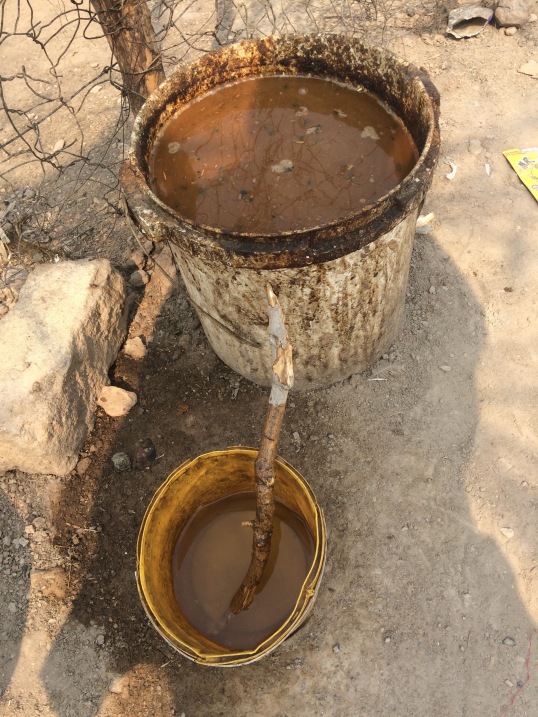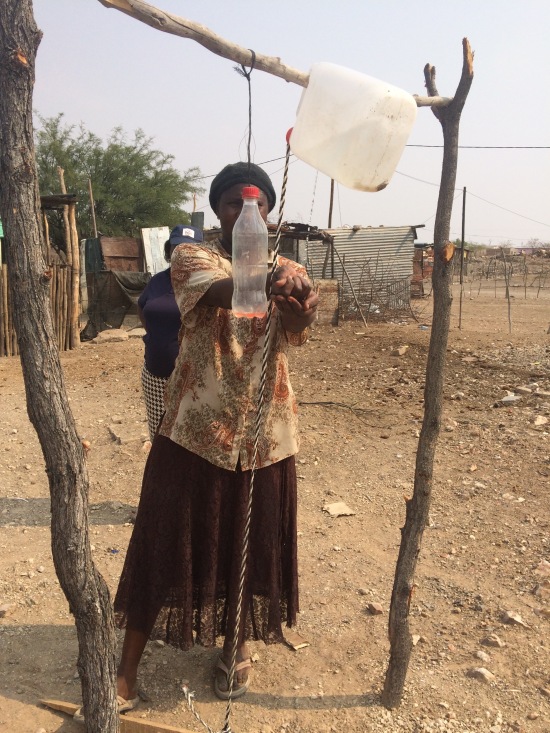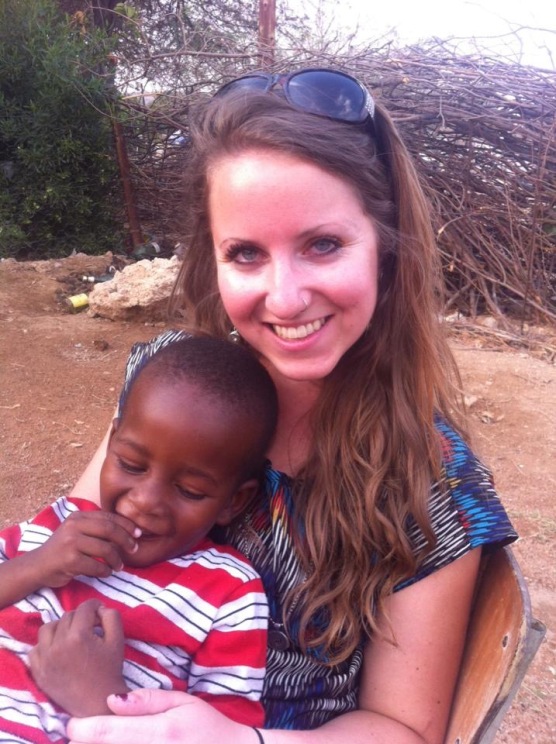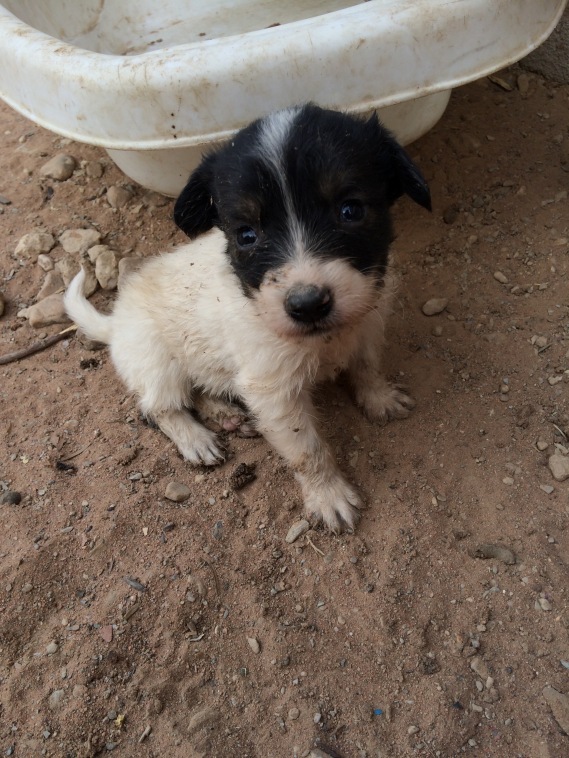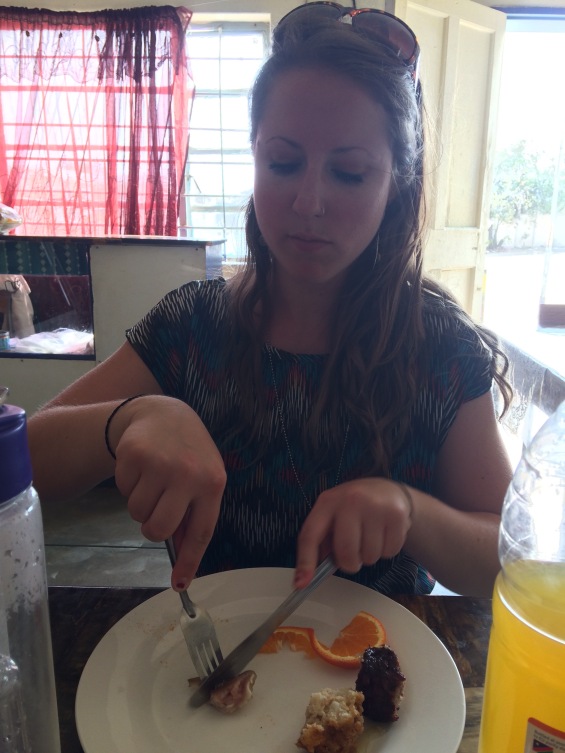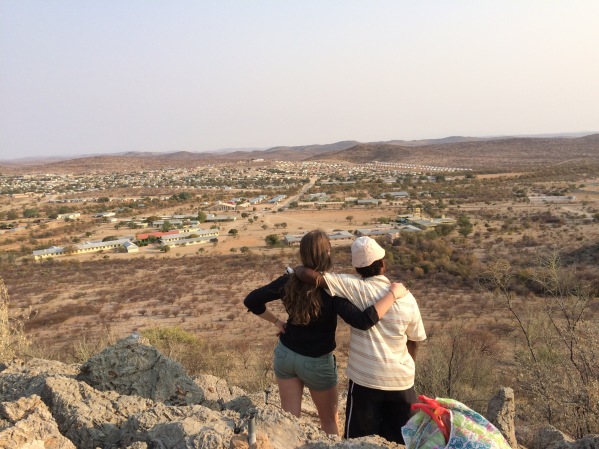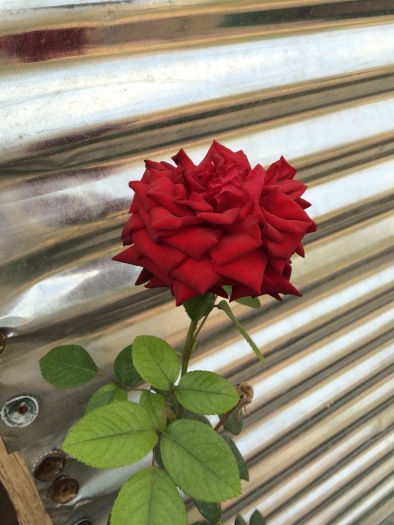As my time of extended travel across thirteen vastly diverse countries, constant African mosquito bite scars and anti-malaria prophylaxis is finally coming to an end, I have been more reflective than usual about what it has all meant. I knew going into this experience that it would change me, in more ways than I could probably imagine – and that has certainly held true. I have gained so much confidence in myself – in my abilities to navigate difficult circumstances, in remaining strong and coherent for others when they are unable to, and in who I am and how I can affect the world as an individual. I recognize these great traits that I possess more than I ever have, instead of merely listening to others tell them to me. It might sound overly confident to many raised in the always self-humbling culture of the U.S, but I have learned that knowing your worth and marketing those traits are essential in this world, whether for professional or personal purposes.
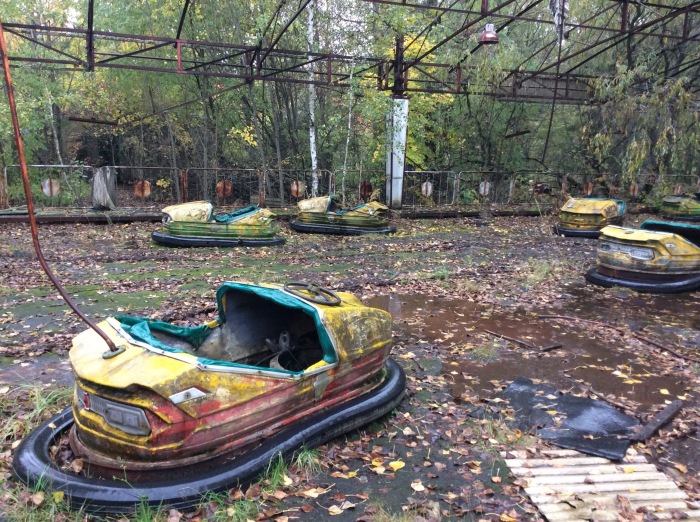
I have naturally lost a bit of myself: more of my OCD tendencies have shed from my perfectionist ideal; most of my standards for what an ideal home should look (or smell or feel) like; my overly cautious need for cleanliness and the obsession with perfect health; my amazingly compact sleeping bag and silk liner that carried me through my Peace Corps travels (I’m coming for you, Kenya Airways). I have had time to ponder, the ability to meet new and influential people, whether good or bad (shout out to you, guy in Arusha with a nice new American made stainless steel water bottle), see old friends and make new ones, and explore places that I never thought I would see in my lifetime. I’ve carried two hiking bags with me over the expanse of two continents and countless cities. I somehow managed to wear every single piece of clothing that I brought with me, from a bathing suit and shorts to my winter jacket, gloves and hat. I have hiked on Mt. Kilimanjaro, kayaked across Lake Malawi, visited the countries that my ancestors came from, taken all forms of transportation to get to one place or the other and relished every minute of it. Okay, maybe not EVERY minute.. how can you enjoy someone puking next to you or getting lost in the middle of the night in a strange new city? It is difficult in the moment, but I have managed to find humor in the frustrating moments, strength when I felt lost and confused, and bliss when everything worked out just fine in the end. Sometimes even better than expected.
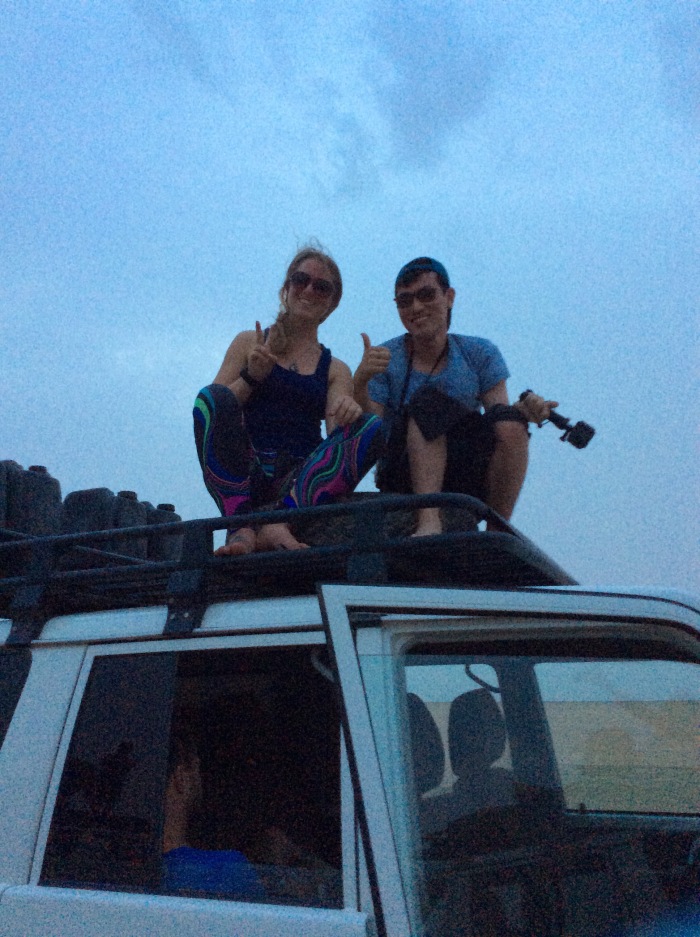
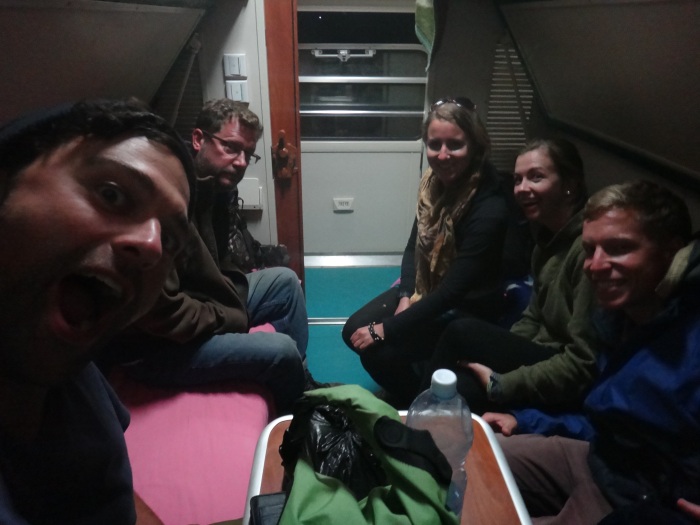
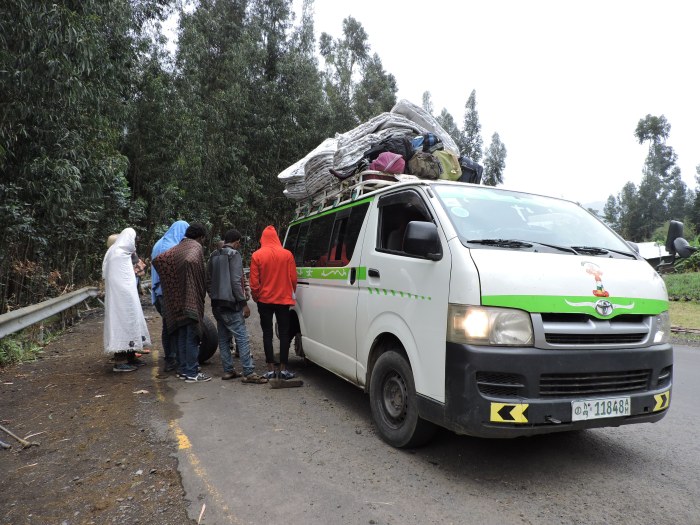
And with these few words, I now declare this meeting officially opened. Just kidding – a little joke for anyone who has sat through an infinite number of seemingly never-ending meetings in Namibia. I now present: lessons I have learned along the way, in no particular order of importance.
- I absolutely love being on my own schedule and being completely independent. It has been the most amazing experience for me to figure out how to get from one city to another, without speaking the local language and sometimes not having an exact or concrete plan. It has given me the freedom to change things as I see fit and to organize my travels based on local opinions, without having to consult with a travel partner. As amazing of a travel companion you might have, you still need to compromise on what each of you is interested in. Despite my appreciation for this increase of individual independence, I have also grown enough to admit my vulnerabilities. One of those is the feeling of loneliness I sometimes felt while on the road – something I had not previously allowed myself to feel. Traveling is incredible and allows you to learn and grow, but it is almost certainly better when you have someone next to you to share it with.
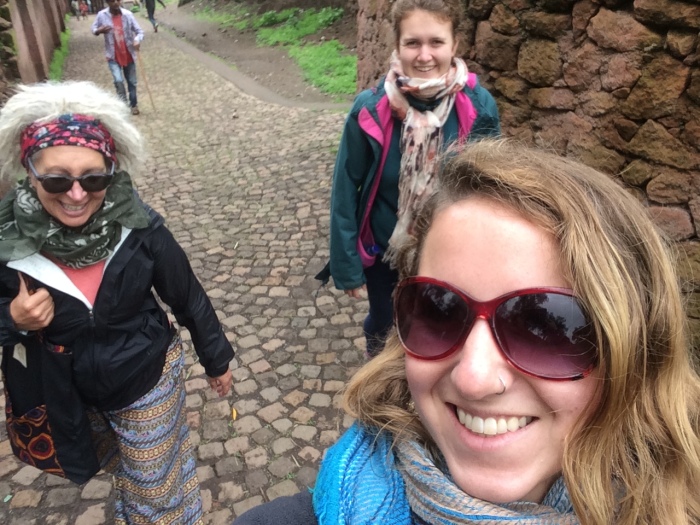
Probably being followed by our many new “friends” in Lalibela, Ethiopia. 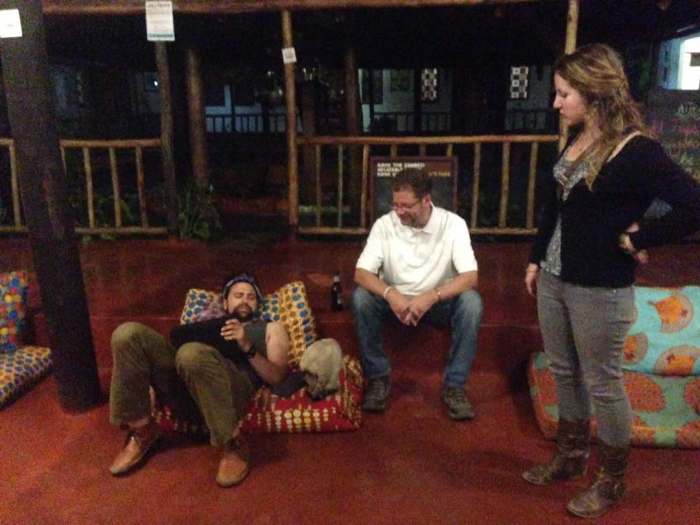
Cool hostel and even cooler travel companions in Livingstone, Zambia. - Not many people enjoy traveling like I do. Most of my friends can attest to my cheap tendencies in everyday situations, to the point that I will barter with someone over the smallest amounts of money that makes them roll their eyes and shake their heads. I like to travel the way local people do, which is not always luxury. Actually, it is almost never luxury, except for my brief evening in Dubai with a pretty amazing guide. I like to stay with people as opposed to staying in a hostel, meeting new people and seeing their way of life. With the money that I save on transportation and accommodation, I am able to more fully enjoy the place I am visiting and continue my travels on a budget.
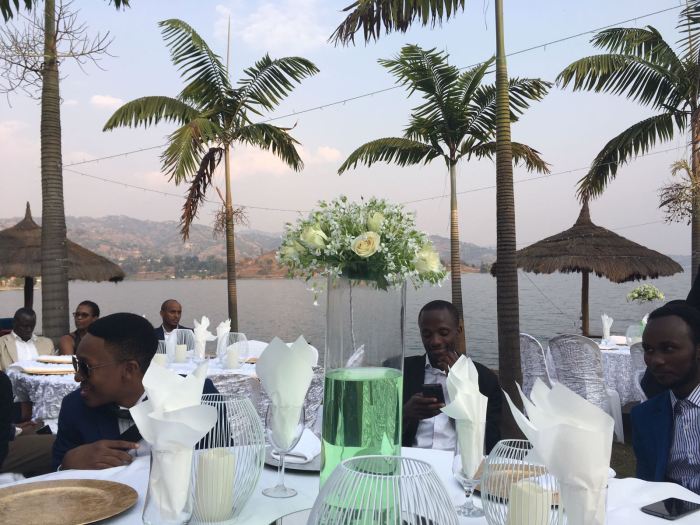
Wedding crashing on Lake Kivu, Rwanda. - I have come to develop a very fond appreciation for the English language. It has brought me so many connections with people from all over the world whom, without it, I never would have been able to communicate with. It is a binding language throughout so many countries that it gives a unique ability for many people to travel with at least some ability to get around. It is also lovely to hear the different accents when different people speak English, and fun to watch two non-native speakers talk to one another. During a trip to the Danakil Depression in Ethiopia, I had a great time acting as a translator for a friend from Japan, our driver from Addis Ababa and an awesome couple from Spain when there were miscommunications. I recognize that I am very privileged to have English as my native tongue, although I do not want that to be the only language that I speak. My newfound union with my mother tongue certainly does not give a pass to most people from the U.S. who only speak English and do not feel the need to know anything else. I think it is quite an ignorant way to live in the world only speaking English because we know that most people speak at least some. I have renewed my desire to learn more German during my travels (DuoLingo tells me I am now 31% fluent) and I greatly hope to maintain my Damara without speaking to my friends daily.
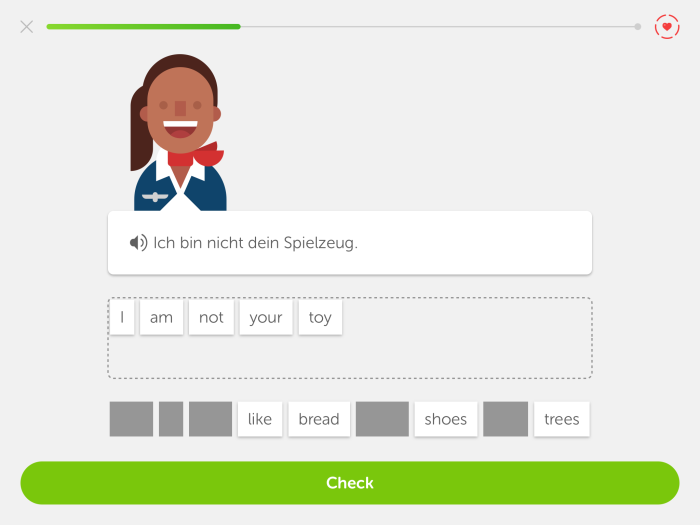
DuoLingo gets it better than most men do. - People from the U.S. generally do not travel like people from other parts of the world do. It was almost an everyday occurrence for me to meet someone from Australia, Europe or South America who had been traveling for 8 months, and some who had a few years tucked away in their resume. They were people who had recently quit jobs and were trying to put their lives in a different direction, students who were traveling in between Masters and Ph.D. programs, or people who realized that their life is more important than the standards set by society. Most people I know in the U.S. cannot fathom being gone for more than a few weeks on holiday, and to be fair a lot of that has to do with our broken governmental and job structures that only allow for two weeks of holiday a year. Not to mention the most minimal and embarrassing maternity leaves in the ENTIRE WORLD, but that is for another post. I am beginning to understand the different cultural norms that equate lesser or greater happiness, more fulfillment in work and in life, and I appreciate those who make choices in accordance to themselves as opposed to national boundaries.
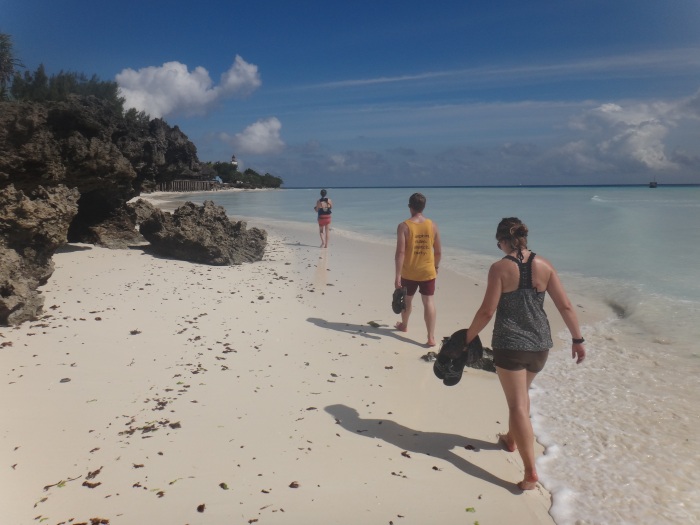
Nungwi, Zanzibar - Something that I struggled with a lot during my travels is the overwhelming disposability of life on the move. At the risk of sounding like Edward Norton talking to Tyler Durden, everything my journey necessitates is costly to the environment. Coffee and food that are often taken to go instead of sitting down and eating at a restaurant costs the environment in the packaging that is used. Plastic bags that are used by so many travelers, every time they go to the store. Small soaps and toiletries that are coveted by travelers like opiates in middle class suburbs. Plastic bags used by people purchasing one candy bar in the grocery store. Petrol for the dozens of smelly, overcrowded buses I have been on to get from one location to the other. Plastic bags. So much waste is accumulated by travelers, often un-necessarily, that I often wondered how much destruction people who think that they are doing good in the world are actually causing. It takes a lot of extra mental and physical effort to leave a smaller carbon footprint, and I will be the first to admit that it is often the last thing that you want to think about after schlepping 50 kilograms of baggage through the streets of Prague when you arrive at midnight, searching for your hostel. I get it. But if we are to move in this fantastic world that allows us life changing experiences and stories that we will never forget, that extra moment of stopping at a store to pick up fresh produce instead of a packaged dinner for your trip (and carrying your own reusable bag) can make a big difference. Especially when it becomes a habit and you repeat these small steps daily. This is the responsibility of someone whose global impact encompasses more terrain than the average person, but the world will be a better place for future generations if everyone did their part in their everyday lives as well.
http://www.healthguidance.org/entry/14901/1/The-Effects-of-Plastic-Bags-on-Environment.html
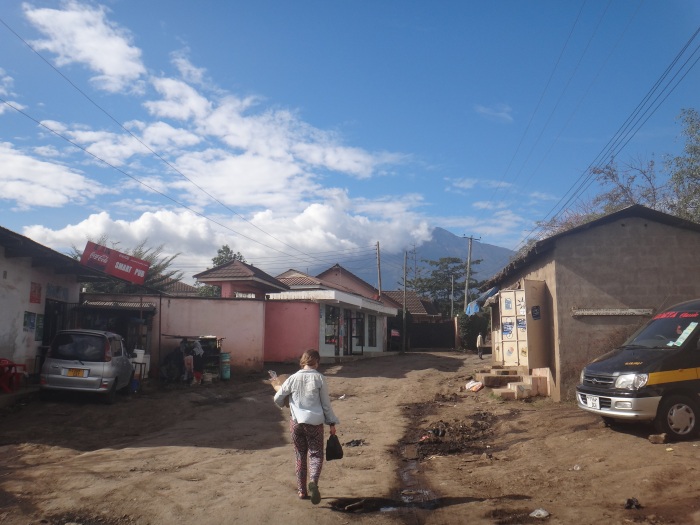
- I have learned that traveling during the off-season is absolutely amazing. There are less tourists crowding the streets, which give you more time and space for you to explore the otherwise permeated attractions. It is always cheaper to travel off season, from hostels to tourist destinations to admission tickets. The only down side to this type of travel, of course, if that there is often construction and renovations taking place on the historical monuments and buildings. They take advantage of the low season just like we do, I guess.
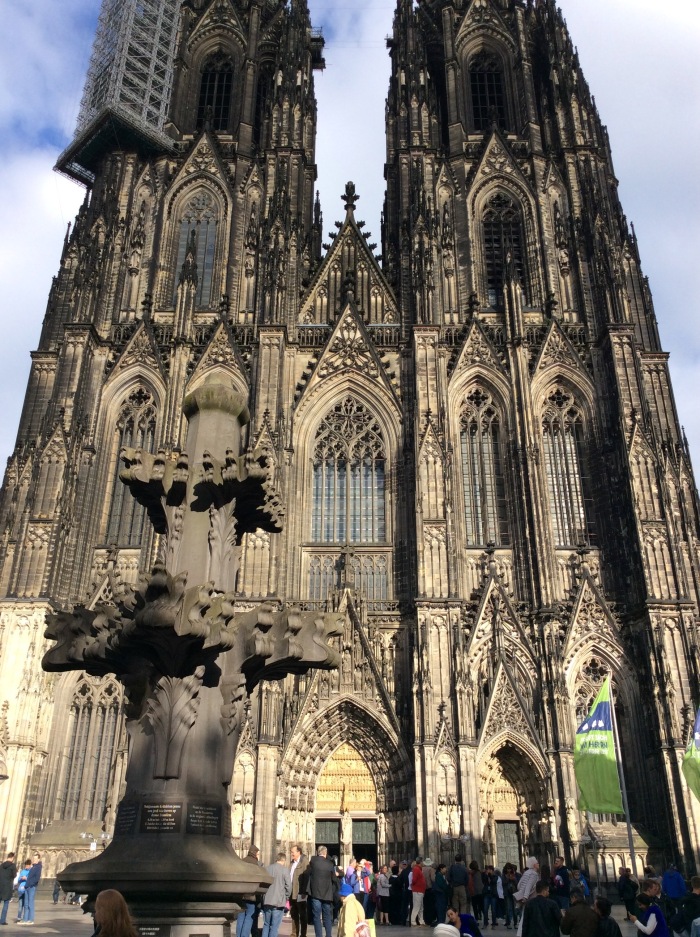
Cologne Cathedral, Köln, Deutschland 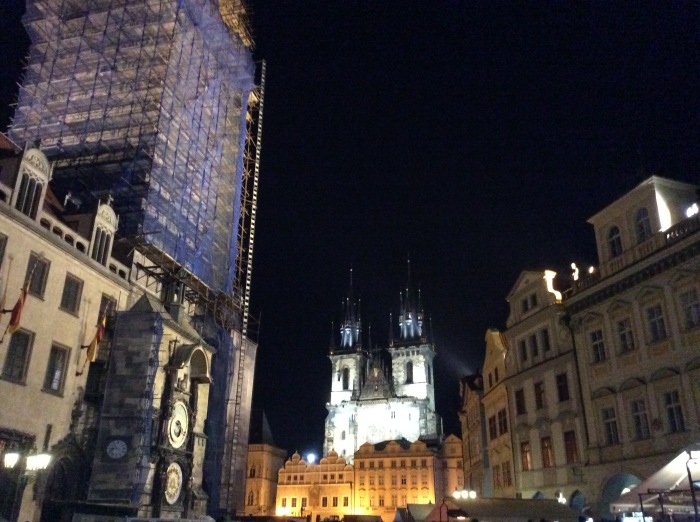
Old Town – Prague, Czech Republic 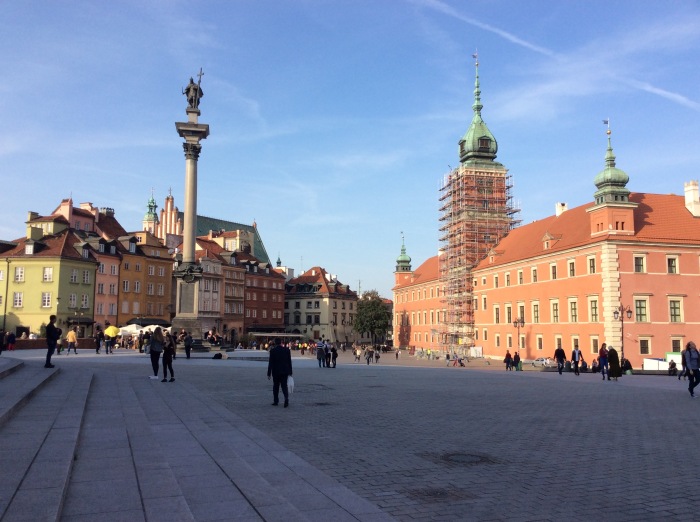
Old Town – Warsaw, Poland 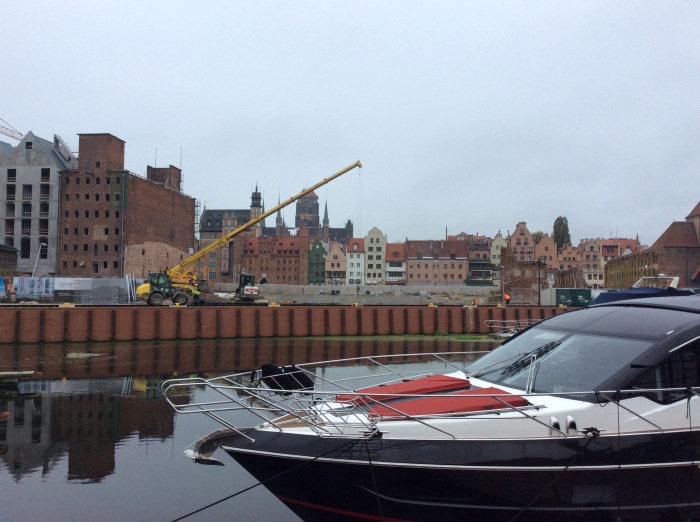
Shipyard Area – Gdańsk, Poland - Of all that I have experienced, the lessons I have learned and the people I have met along the way, nothing sticks out to me more than something that my Godmother and I often talk about: taking risks is sometimes met with obstruction, and that is normal. More than likely, it is a necessary part of the process of trying something new. What better way to find out how you truly feel about something than to test your limits and capabilities to the point of exasperation? And if you can continue on, fantastic – you will reap the infinite rewards for your perseverance. If you cannot (or more realistically, don’t want to) continue, you are all the better for recognizing that something does not serve you. You can always change your direction. You can always alter your course. Life is too short to do anything that doesn’t set your soul on fire.
